Managing Seasonal Allergies & Sinusitis
Seasonal allergies are a common medical problem, and they affect many otherwise healthy individuals. Though allergies may seem like an ordinary, mundane illness, their effects and mechanisms are highly profound! For those who suffer from seasonal allergies, the sensitization of the immune system to common environmental components leads to significant symptoms each year. In addition, due to their chronic (long-standing) nature, seasonal allergies are also linked to sinusitis. The symptoms of seasonal allergies and sinusitis vary from person to person. (1)
Blog Contents
How to Prevent Seasonal Allergies & Sinusitis
When it comes to upper respiratory tract diseases, seasonal allergies and sinusitis are two common conditions of the nasal cavity. Though respiratory, Seasonal allergies are caused by the increased production of inflammatory chemicals like histamine. That production is triggered in response to pollen, dust mites, animal dander, mould spores, and other allergens. Due to the consistent irritation, breakdown of tissues, and swelling, inflamed tissues become an easier target for pathogens to conquer. Sinusitis is caused by a bacterial, fungal or viral infection of the sinuses. (2)
The sensitization in the nasal cavity may linger long enough to predispose the area to infections and long-term inflammation. Sinusitis is the inflammation or infection of the sinuses, which are cavities within the skull connected to the nasal passages. The sinuses and the nose share a common passageway through which air flows. (3)
The sinuses are a part of the body responsible for the drainage of mucus and fluids from the nose. They are lined with a soft membrane called the mucosa. That mucosa is covered by hair-like projections called cilia and further slathered with protective mucous. The mucus functions to trap allergenic particles, neutralize pathogens, and keep the area well-lubricated. (4)
Home remedies for sinus infections can be effective in relieving congestion. Home remedies can be utilized with or without taking medications. (5, 6)
Conventional Allergy Treatment
The best way to prevent these allergies is to avoid contact with the allergen that triggers symptoms. Unfortunately, it is tough to avoid allergens in some cases, especially when they are environmental. In these cases, most rely on allergy medication or a nasal steroid spray to reduce symptoms and make them less severe. (8, 9)
Both seasonal allergies and sinusitis can be treated with over-the-counter medications. However, allergy and sinus medications have considerable side effects, whether steroidal or non-steroidal.
Some of the most common treatments for seasonal allergies and sinusitis are antihistamines, decongestants, and nasal sprays. These treatments work by blocking histamine production or reducing inflammation in the sinuses. Unfortunately, the medications are only a management strategy as a medical cure for allergies is not yet available.
There are several side effects to consider when taking pharmaceuticals for allergies and sinusitis. These include drowsiness, dizziness, headaches, and nausea. In some cases, the side effects can be severe enough to warrant discontinuing the use of the medication. (10, 11)
Some people may experience an allergic reaction to these medications as well. However, the most common symptoms experienced are the loss of effectiveness and a phenomenon known as rebound congestion. (12)
Side Effects of Steroidal Allergy Treatment
Steroids are a type of medication used to treat various inflammatory or immune medical conditions. When used in emergency settings, steroids can be life-saving. However, upon long-term use, steroids are shown to have many side effects. The side effects of steroids can be classified into two categories: systemic effects and local effects.
Systemic effects occur when the steroid is taken orally or injected into the body, while local effects occur when the steroid is applied directly to a specific body part.
Local Sife Effects
Nasal steroids are used to treat nasal allergies and other conditions. They are also used to prevent asthma attacks. Nasal steroids can cause side effects such as nosebleeds, headaches, and a runny nose. However, the link between systemic side effects and local steroids is weak. (13, 14)
General Guidelines for Healthy Sinuses
-
Keep your nose clean: always clean the inside of your nose daily after showering
-
Drink plenty of fluids: to ensure that you are well hydrated for the body to make as much mucous as it needs to protect the nasal cavity
-
Use a neti pot or saline spray: For those exposed to environmental pollutants, ensure that you deep clean the nasal cavity with the neti pot, or at least with a saline spray to prevent irritation
-
Use a humidifier: Ensure that your nasal cavity is always kept moist and protected from drying out, especially when sleeping
-
Avoid smoke and pollution: If it is possible to avoid excess smoke and pollution exposure, it is always best to destress the tissue to promote faster healing
- Saltwater Gargle: This remedy works by reducing inflammation in the nose and throat area. Dissolving a teaspoon of salt in a glass of warm water and gargling with it twice a day may help sweep away allergens from the throat and clear away post-nasal drip
The Best Non-Medical Remedy for Nasal Health
The neti pot is a device used to flush the nose and sinuses with water. It can be used to help relieve allergy symptoms and other conditions such as sinusitis, colds, and hay fever.
The process of using the neti pot involves pouring lukewarm salt water into one nostril while keeping the other nostril closed off with a finger or a tissue. The water will flow through the nasal passages and out of the other nostril.
There are many benefits to using a neti pot, which cleans the nasal passages and relieves congestion. It also helps prevent sinus infections and colds. (5, 6)
Evidence-Based Approaches to Environmental Allergies & Sinusitis
The immune system is a very versatile system, with a complex network of cells swimming in the blood, tissues defending adjacent organs and immune organs. Those structures all work together to protect the body from infections. One of the most complex jobs of the immune system is to recognize cells as either self or enemy. That job is so complex that the body has organs designated for the training of cells to make them strong enough to recognize self-complexes. (15)
The immune system comprises two parts: the innate immune system and the adaptive immune system. The innate immune system is made up of cells that travel freely in different body areas and are ready to fight off invaders. The adaptive immune system comprises cells produced by bone marrow and lymph nodes in response to an infection or other foreign substance. (16)
How Does The Body React To Allergies?
Though most immune reactions are attributed to the chemical histamine, immunity is much more complex than producing a single chemical. The allergic reaction mechanisms can be divided into four categories: type I hypersensitivity, type II hypersensitivity, type III hypersensitivity, and type IV hypersensitivity reactions. (17, 18)
Type I Hypersensitivity
- The most common type of allergic reaction
- It can be triggered by allergens such as pollen or animal dander
- It causes sneezing, runny nose, congestion, red and itchy skin, coughing, and wheezing
- These reactions can be treated with antihistamines to reduce the amount of histamine in the body
Type II Hypersensitivity
- Reactions are caused by the interaction of antigens with antibodies in the body
- Type 2 hypersensitivity reactions may occur in response to host cells (i.e., autoimmune) or non-self cells, as in blood transfusion reactions
Type III Hypersensitivity
- Immune complexes in our bodies cause type 3 hypersensitivities
- Immune complexes are masses of antigens with antibodies bound to them
- Examples of type 3 hypersensitivities include lupus and rheumatoid arthritis
Type IV Hypersensitivity
- It is not mediated by antibodies but rather by T-cells
- Type 4 reactions are delayed reactions, as it takes some time for an immune response to occur
- Type 4 hypersensitivities include allergic reactions to latex and chronic asthma
Naturopathic Treatments for Seasonal Allergies & Sinusitis
Black Seed Oil
Black seed, also known as Nigella sativa, has an extended use in traditional medicine. The plant is known for its versatility of use. Though some of the conventional descriptions of the plant seem over-enthusiastic, science validates many of the traditional benefits of the plant. For many years, research studies have been conducted on black seed oil to treat stomach conditions, heart conditions, vascular conditions, and liver and gallbladder conditions. (19)
The results show that black seed oil may effectively help with these conditions and many others.
Black seed oil is a natural remedy for allergies, immunity, and sinusitis. It has been used for such conditions in the Middle East and India for centuries. The use of black seed oil for allergies, immunity, and sinusitis have been studied in clinical trials. The results show that it can be an effective agent for reducing an over-excited immune system. (19, 20)
The common link between all the conditions mentioned above is that they all benefit from immune balancing and anti-inflammation. Additionally, the results show that a significant alteration in immune markers through the potent antioxidant capacity of black seed can enhance the body’s resistance ability. Thus, during an infection, the anti-microbial effect of the oil can be combined with the immune balancing capacity to result in systemic immune support and promote faster healing. (20)
Black seed oil can be used both internally and locally in allergic rhinitis and sinusitis conditions. Studies show a decrease in both the severity of the symptoms and the duration of the illness. In addition, some studies point towards the effectiveness of black seed oil as a broad-spectrum anti-microbial. (21)
Oregano Oil
Though black seed oil has demonstrated its capability as an immune balancing agent, for those who suffer from chronic allergies and a seemingly never-ending sinus infection, it may take more than just home remedies and black seed oil to help with the condition. Chronic allergic conditions leave the tissues susceptible to invasion by microorganisms. While black seed oil demonstrates anti-microbial activity, its effect is limited when long-term swelling opens up the protective barriers.
To enhance black seed oil and give it extra potency, oregano oil can be combined with it to provide anti-microbial properties that leave the body inhospitable to invading pathogens. As one of the most potent broad-spectrum anti-microbial agents, the oil of oregano has demonstrated an impressive track record for keeping the body safe from invaders. In addition, studies show the improved capacity of the body to clear bacterial infections while maintaining a good handle on other micro-organisms, including fungi. Thus, in conditions where the invading pathogen is not fully established, the oil of oregano can be a highly beneficial choice. (22, 23)
Vitamin C
To help the body maintain healthy blood vessels and build strong vascular walls, vitamin C is an essential nutrient to include. Other than the importance of the vitamin as an enhancer of immunity, an agent for building collagen and an antioxidant, vitamin C has been demonstrated to calm the immune system and regulate allergic reactions. Maintaining healthy vascular integrity can be beneficial for restricting swelling and maintaining a healthy immune system with an appropriate immune response. (24, 25)
Reishi Mushroom
For those with lingering sinus issues, it may be beneficial to include other immune-balancing agents that play a role in maintaining healthy immunity. Such agents may consist of medicinal mushrooms. Reishi, for example, is a mushroom that is shown to enhance the immune system, decrease symptoms of fatigue from long-term illness and improve the capacity of the body to fight pathogens. In addition, as an agent for health support, reishi is known to be a calming mushroom. Studies show reishi is calming for both the immune system and the mind. (26)
Combining reishi with black seed oil may significantly balance the immune system and inhibit the over-production of inflammatory markers. Such an inhibition gives the body enough break to rebuild and establish better barriers that make it harder for future allergens to cause an immune reaction. (27)
Serrapeptase
Long-term allergies and sinus infections promote scarring inside the nasal cavity and the sinuses. Such scarring can appear as thickening of the mucosa or even changes to the mucosa, including the development of polyps. Such a development promotes future infections and occludes air passageways. (28)
Unfortunately, when scar tissue is built by the body, it can be challenging to resolve it in a non-invasive manner. For many, such tissues require surgical intervention. Serrapeptase is one natural ingredient that has scientifically backed efficacy for breaking down scar tissues. Serrapeptase is a proteolytic enzyme and has an affinity for attaching to scar tissues and enhancing the speed of their breakdown. As a natural medicinal ingredient, it is used to promote healthy healing. For scarred tissues, the introduction of serrapeptase may help the body heal in a more organized manner and break down fibres that were laid down in a disorganized way. (28, 29, 30)
N-Acetylcysteine
While black seed oil has research pointing towards its capacity to improve immunity and enhance respiratory health, it takes a considerable amount of time to see results with black seed. Black seed oil has immediate effects, like sore-throat soothing properties and anti-cough/bronchodilator properties. However, black seed oil may take weeks to months to show full effectiveness when it comes to the systemic control of allergies.
More assistance with mucous may be required for sufferers of seasonal allergies who are also affected by asthma. Individuals with allergic asthma require all the help they need to clear the airways. Excess mucous secretion may significantly block the airway. In addition, the over-production of inflammatory markers makes the tissues more susceptible to infections.
Individuals with asthma may benefit from combining an immune antioxidant like black seed oil with a mucolytic like N-acetyl cysteine. (31)
Permanently scarred or thickened airways may benefit from the addition of serrapeptase. Serrapeptase may help break down scar tissues and assist with healing the airways. Serrapeptase is a potent anti-inflammatory and may significantly help take down inflammation. (32, 33)
Article References
1. Stewart MG, Johnson RF. Chronic sinusitis: symptoms versus CT scan findings. Current opinion in otolaryngology & head and neck surgery. 2004 Feb 1;12(1):27-9.
2. White MV. The role of histamine in allergic diseases. Journal of allergy and clinical immunology. 1990 Oct 1;86(4):599-605.
3. Karlsson G, Holmberg K. Does allergic rhinitis predispose to sinusitis?. Acta Oto-Laryngologica. 1994 Jan 1;114(sup515):26-9.
4. Jorissen M, Hermans R, Bertrand B, Eloy P. Anatomical variations and sinusitis. Acta oto-rhino-laryngologica belgica. 1997 Jan 1;51(4):219-26.
5. Jefferson W. The Neti Pot for Better Health. Healthy Living Publications; 2005.
6. Salati H, Bartley J, Yazdi SG, Jermy M, White DE. Neti pot irrigation volume filling simulation using anatomically accurate in-vivo nasal airway geometry. Respiratory Physiology & Neurobiology. 2021 Feb 1;284:103580.
7. Akerlund A, Andersson M, Leflein J, Lildholdt T, Mygind N. Clinical trial design, nasal allergen challenge models, and considerations of relevance to pediatrics, nasal polyposis, and different classes of medication. Journal of allergy and clinical immunology. 2005 Mar 1;115(3):S460-82.
8. Benninger M, Farrar JR, Blaiss M, Chipps B, Ferguson B, Krouse J, Marple B, Storms W, Kaliner M. Evaluating approved medications to treat allergic rhinitis in the United States: an evidence-based review of efficacy for nasal symptoms by class. Annals of Allergy, Asthma & Immunology. 2010 Jan 1;104(1):13-29.
9. Naclerio RM, Hadley JA, Stoloff S, Nelson HS. Patient and physician perspectives on the attributes of nasal allergy medications. allergy & Asthma Proceedings 2007 May 2 (Vol. 28, No. 3).
10. Zalmanovici A, Yaphe J. Intranasal steroids for acute sinusitis. The Cochrane database of systematic reviews. 2009 Oct 7(4):CD005149-.
11. Zalmanovici A, Yaphe J. Steroids for acute sinusitis. Cochrane Database of Systematic Reviews. 2007(2).
12. Vaidyanathan S, Williamson P, Clearie K, Khan F, Lipworth B. Fluticasone reverses oxymetazoline-induced tachyphylaxis of response and rebound congestion. American journal of respiratory and critical care medicine. 2010 Jul 1;182(1):19-24.
13. Coondoo A, Fiske M, Verma S, Lahiri K. Side-effects of topical steroids: A long overdue revisit. Indian dermatology online journal. 2014 Oct;5(4):416.
14. Cervin A, Andersson M. Intranasal steroids and septum perforation--an overlooked complication? A description of the course of events and a discussion of the causes. Rhinology. 1998 Sep 1;36(3):128-32.
15. Zhao N, Liu Y, Liang H, Jiang X. Bone marrow-derived mesenchymal stem cells reduce immune reaction in a mouse model of allergic rhinitis. American journal of translational research. 2016;8(12):5628.
16. Hoebe K, Janssen E, Beutler B. The interface between innate and adaptive immunity. Nature immunology. 2004 Oct;5(10):971-4.
17. Weiss RB. Hypersensitivity reactions. InSeminars in oncology 1992 Oct 1 (Vol. 19, No. 5, pp. 458-477).
18. Uzzaman A, Cho SH. Classification of hypersensitivity reactions. InAllergy asthma Proc 2012 May 1 (Vol. 33, No. Suppl 1, pp. S96-S99).
19. Tavakkoli A, Mahdian V, Razavi BM, Hosseinzadeh H. Review on clinical trials of black seed (Nigella sativa) and its active constituent, thymoquinone. Journal of pharmacopuncture. 2017 Sep;20(3):179.
20. Mohamed Alsamarai A, Abdulsatar M, Hamed Ahmed Alobaidi A. Evaluation of topical black seed oil in the treatment of allergic rhinitis. Anti-Inflammatory & Anti-Allergy Agents in Medicinal Chemistry (Formerly Current Medicinal Chemistry-Anti-Inflammatory and Anti-Allergy Agents). 2014 Mar 1;13(1):75-82.
21. Alsamarai AM, Satar MA, Alobaidi AH. Evaluation of therapeutic efficacy of Nigella sativa (Black Seed) for treatment of allergic rhinitis. Allergic Rhinitis. 2012 Mar 21;12:197-215.
22. Nabavizadeh SH, Alorizi SM, Sobhani Z, Fararouei M, Moghtaderi M. Effect of Origanum vulgare on perennial allergic rhinitis: A pilot randomized placebo-controlled clinical trial.
23. Schuetz B. Oil of Oregano: Nature's antiseptic and antioxidant. Healthy Living Publications; 2016 Oct 10.
24. Bucca C, Rolla G, Oliva A, Farina JC. Effect of vitamin C on histamine bronchial responsiveness of patients with allergic rhinitis. Annals of allergy. 1990 Oct 1;65(4):311-4.
25. Thornhill SM, Kelly AM. Natural treatment of perennial allergic rhinitis. Alternative Medicine Review. 2000 Oct 1;5(5):448-54.
26. Mizutani N, Nabe T, Shimazu M, Yoshino S, Kohno S. Effect of Ganoderma lucidum on Pollen‐induced Biphasic Nasal Blockage in a Guinea Pig Model of Allergic Rhinitis. Phytotherapy Research. 2012 Mar;26(3):325-32.
27. Cutten AE, Hasnain SM, Segedin BP, Bai TR, McKay EJ. The basidiomycete Ganoderma and asthma: collection, quantitation and immunogenicity of the spores. The New Zealand Medical Journal. 1988 Jun 1;101(847 Pt 1):361-3.
28. Pryor K. Serrapeptase: Insect-Derived Enzyme Fights Inflammation Product Categories.
29. Klotter J. Serratia peptidase. Townsend Letter for Doctors and Patients. 2004 May 1(250):24-5.
30. Ethiraj S, Gopinath S. Production, purification, characterization, immobilization, and application of Serrapeptase: a review. Frontiers in biology. 2017 Oct;12(5):333-48.
31. Thornhill SM, Kelly AM. Natural treatment of perennial allergic rhinitis. Alternative Medicine Review. 2000 Oct 1;5(5):448-54.
32. Aliyali M, Amiri AP, Sharifpoor A, Zalli F. Effects of N-acetylcysteine on asthma exacerbation. Iranian Journal of Allergy, Asthma and Immunology. 2010:103-9.
33. Appelboam AV, Dargan PI, Knighton J. Fatal anaphylactoid reaction to N-acetylcysteine: caution in patients with asthma. Emergency medicine journal. 2002 Nov 1;19(6):594-5.






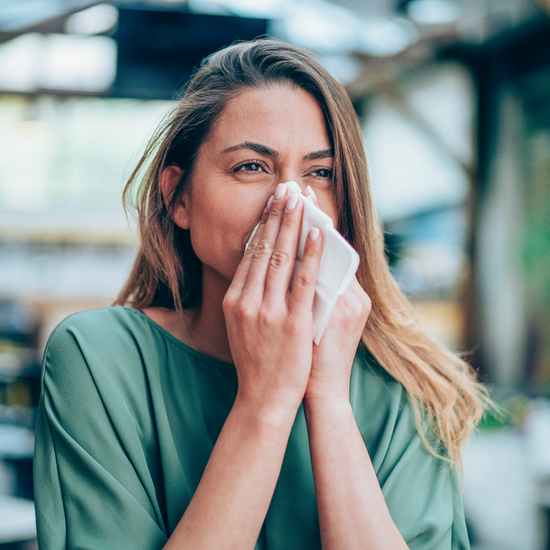



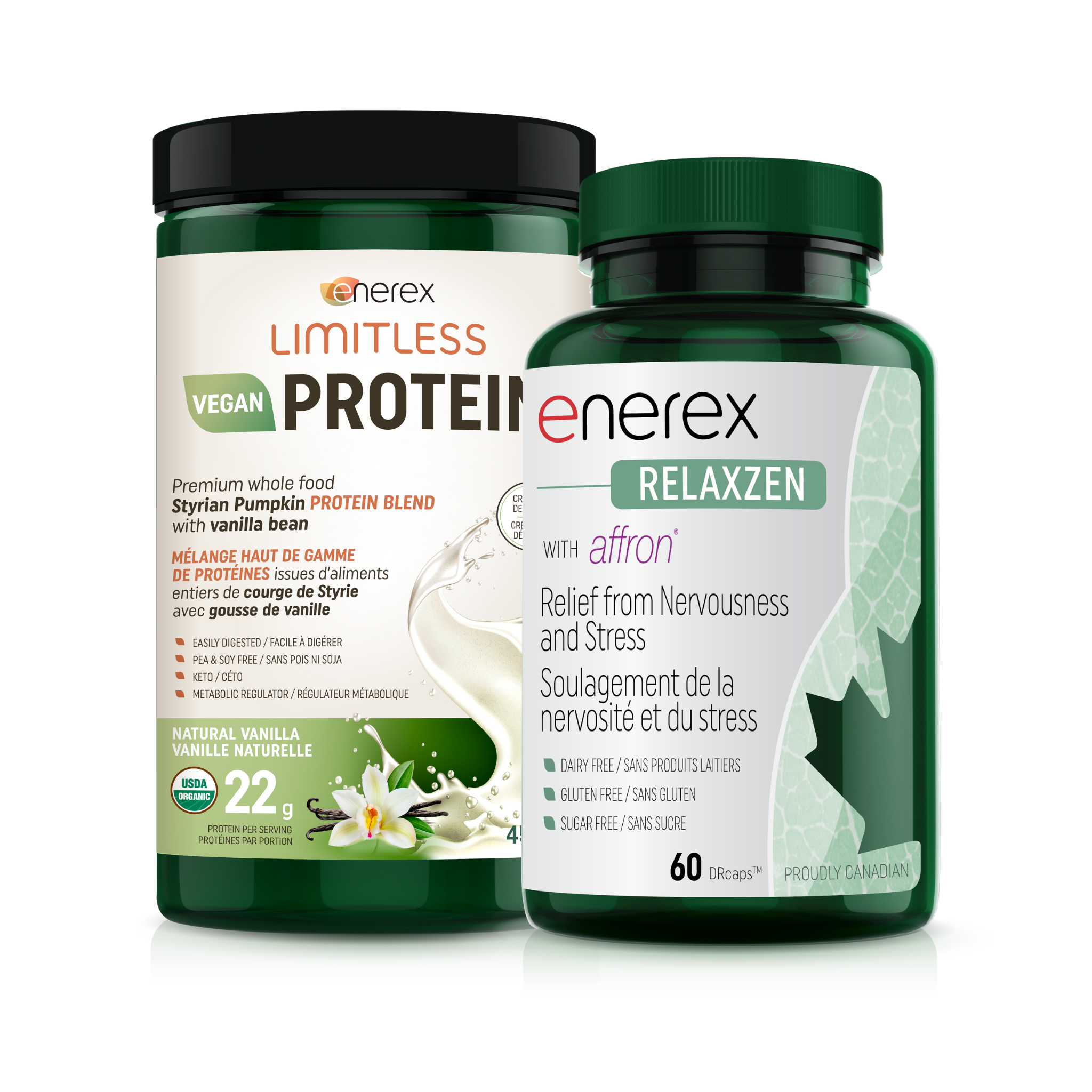
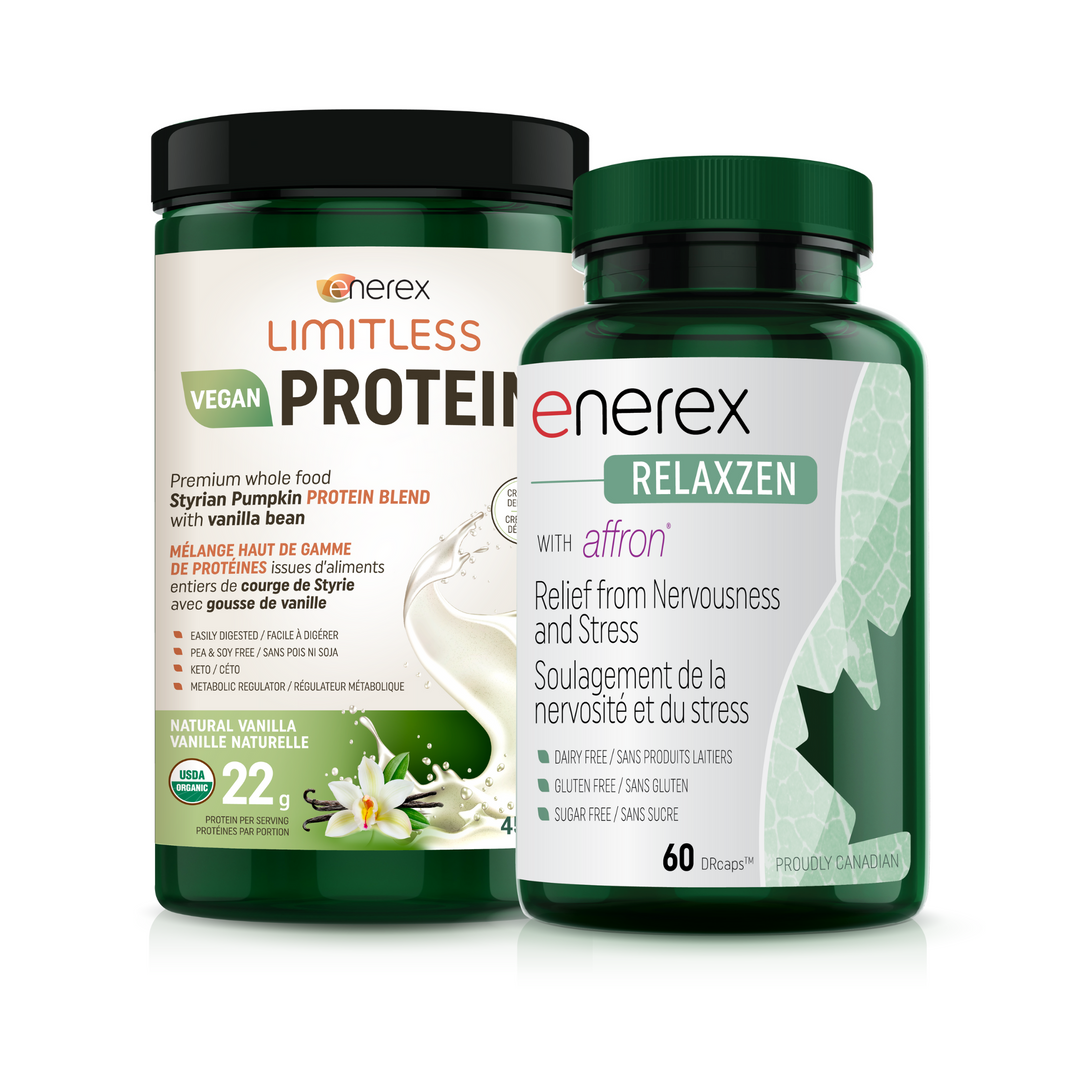
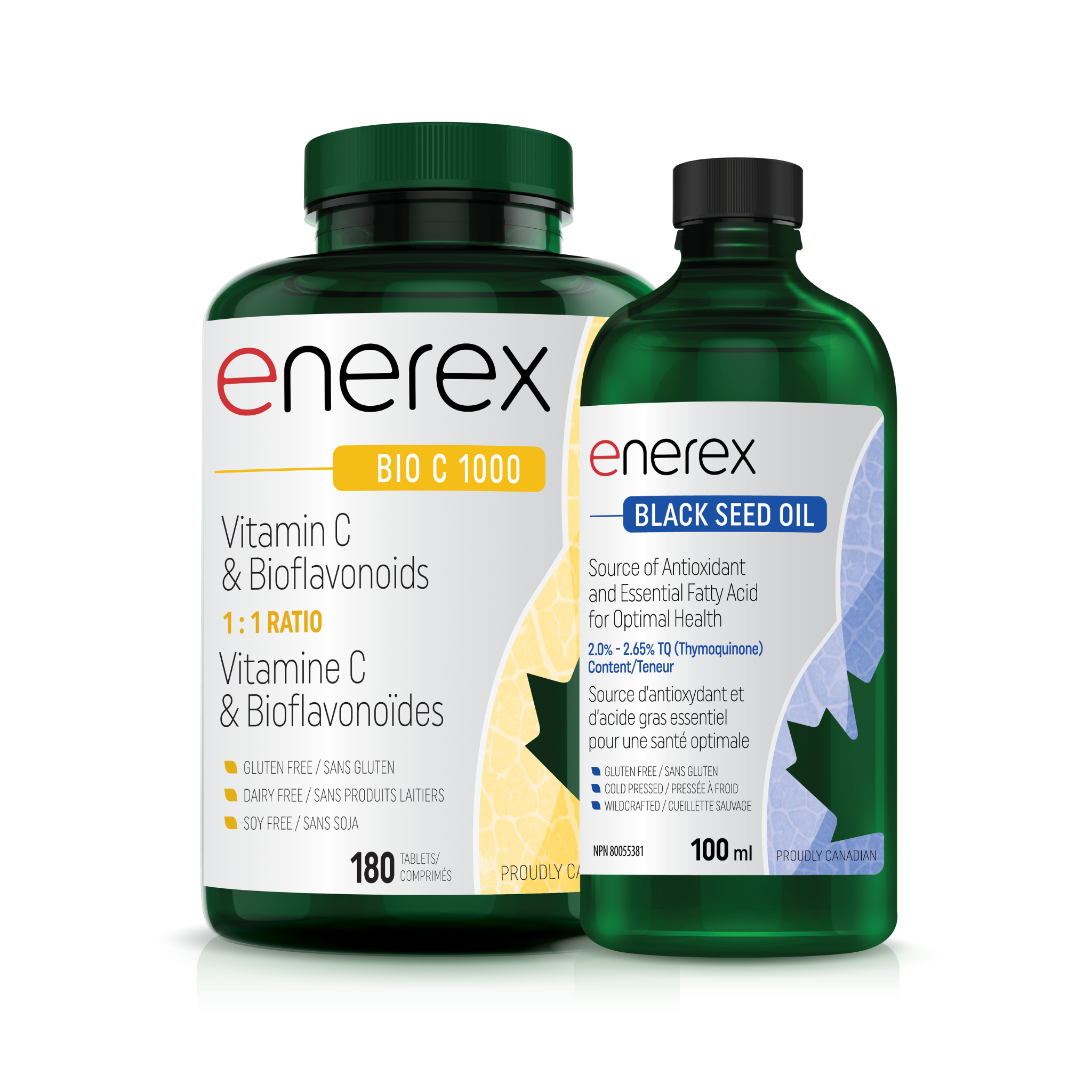
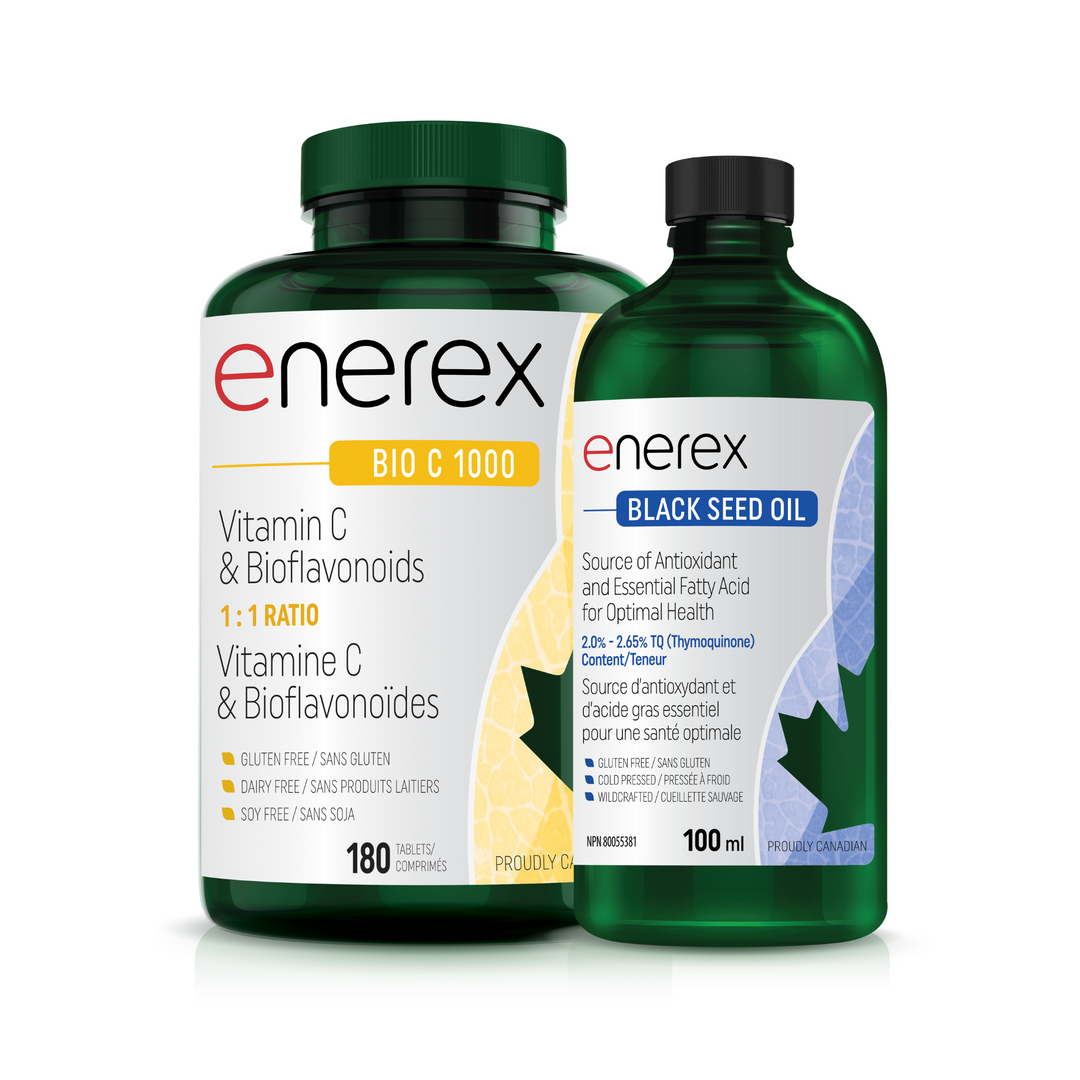
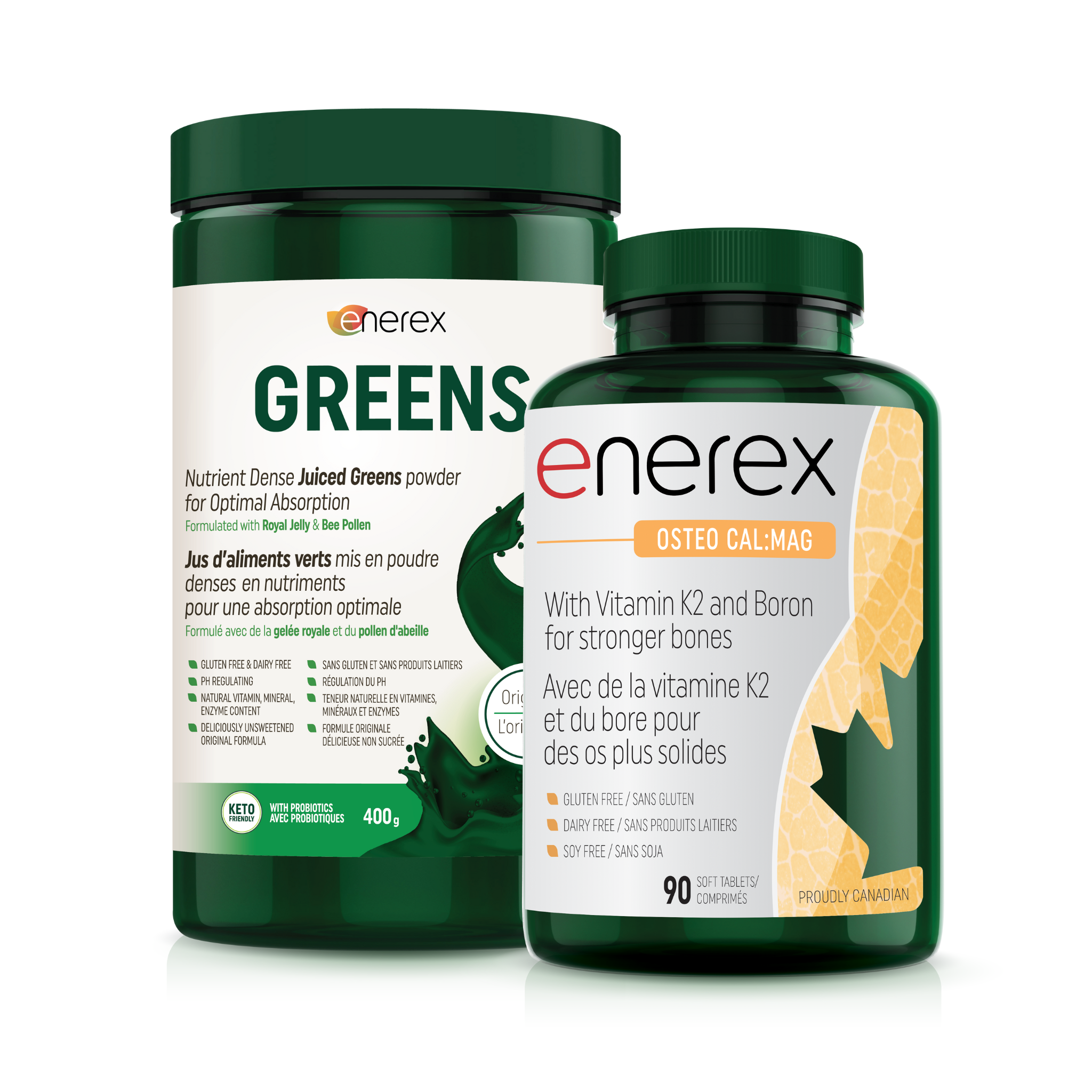
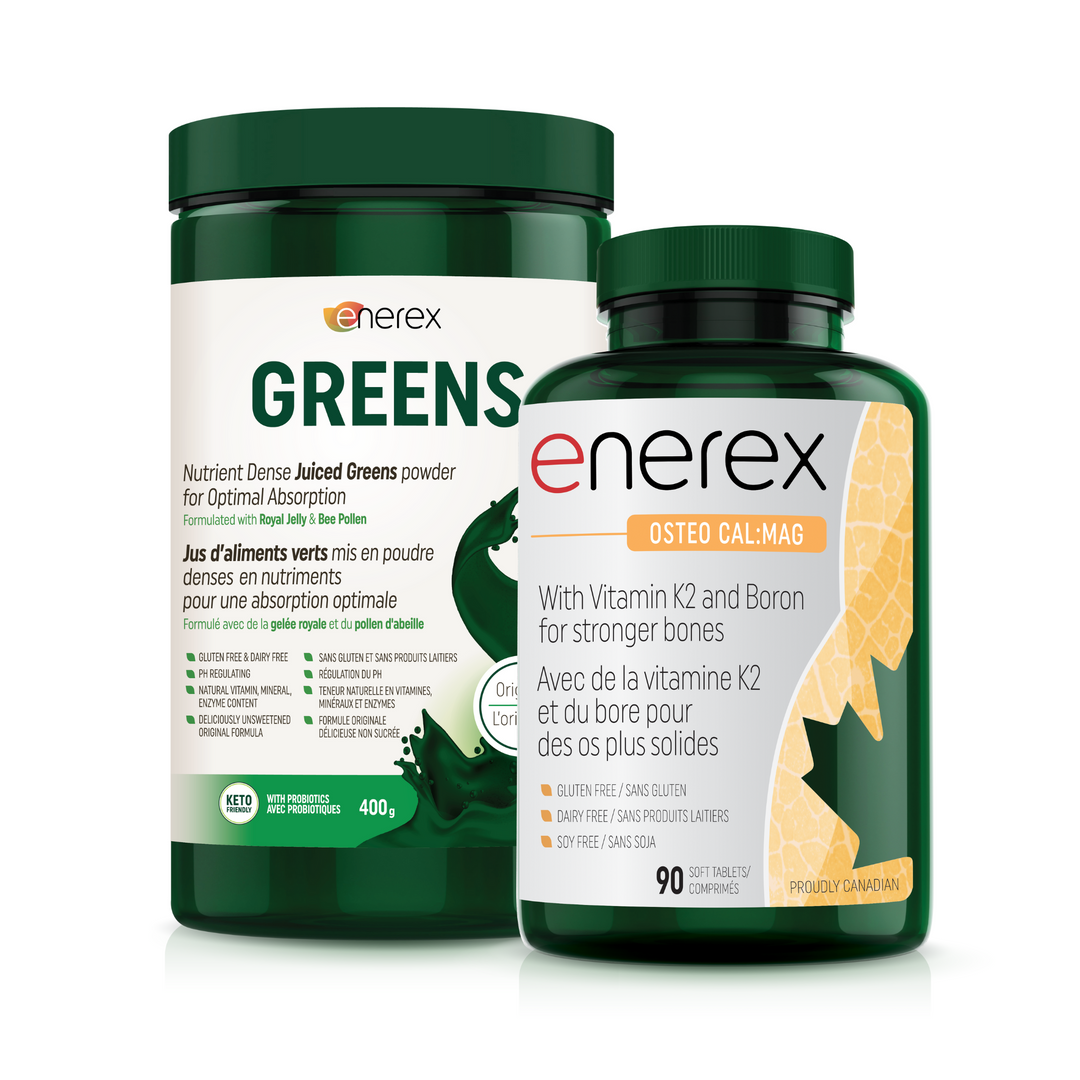
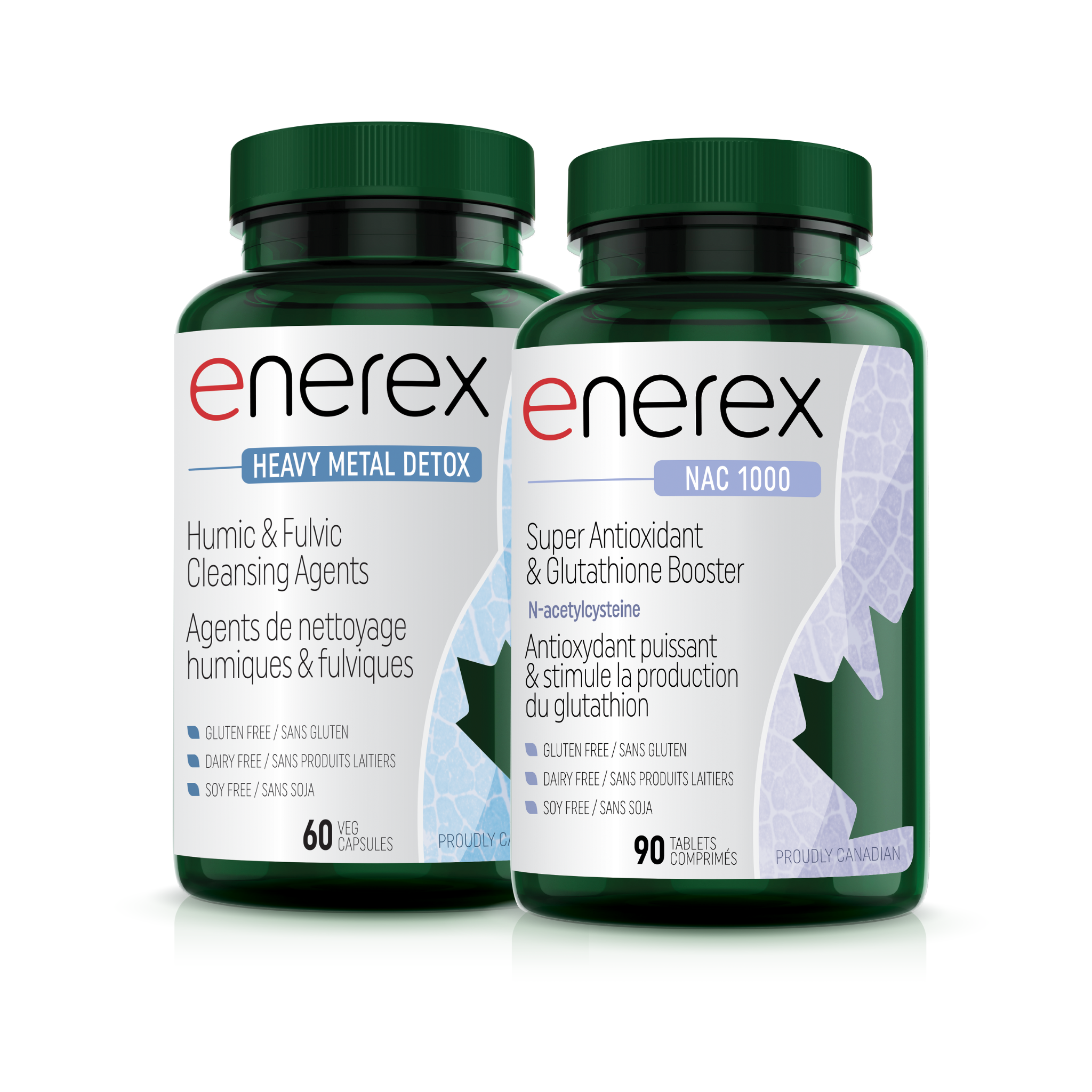
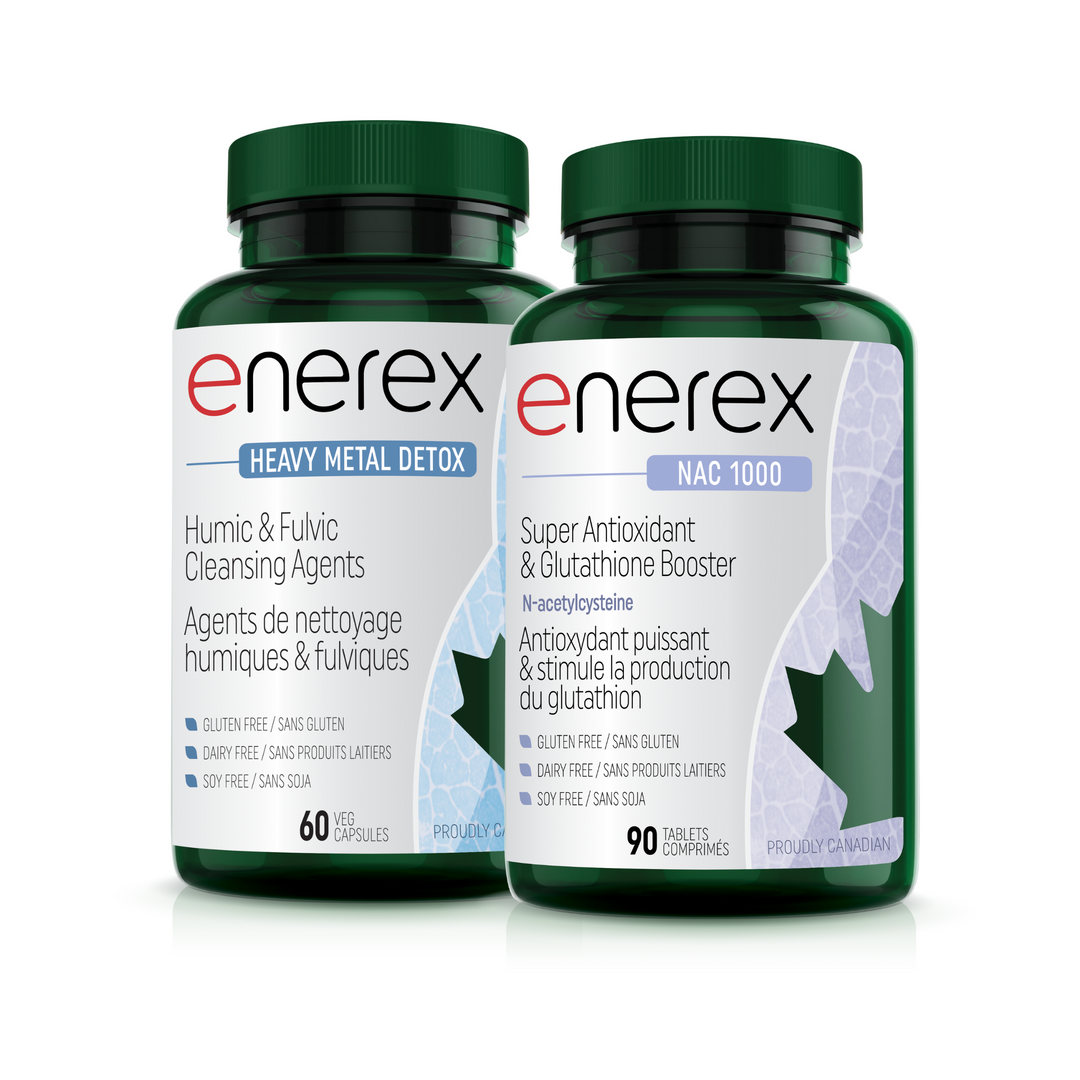
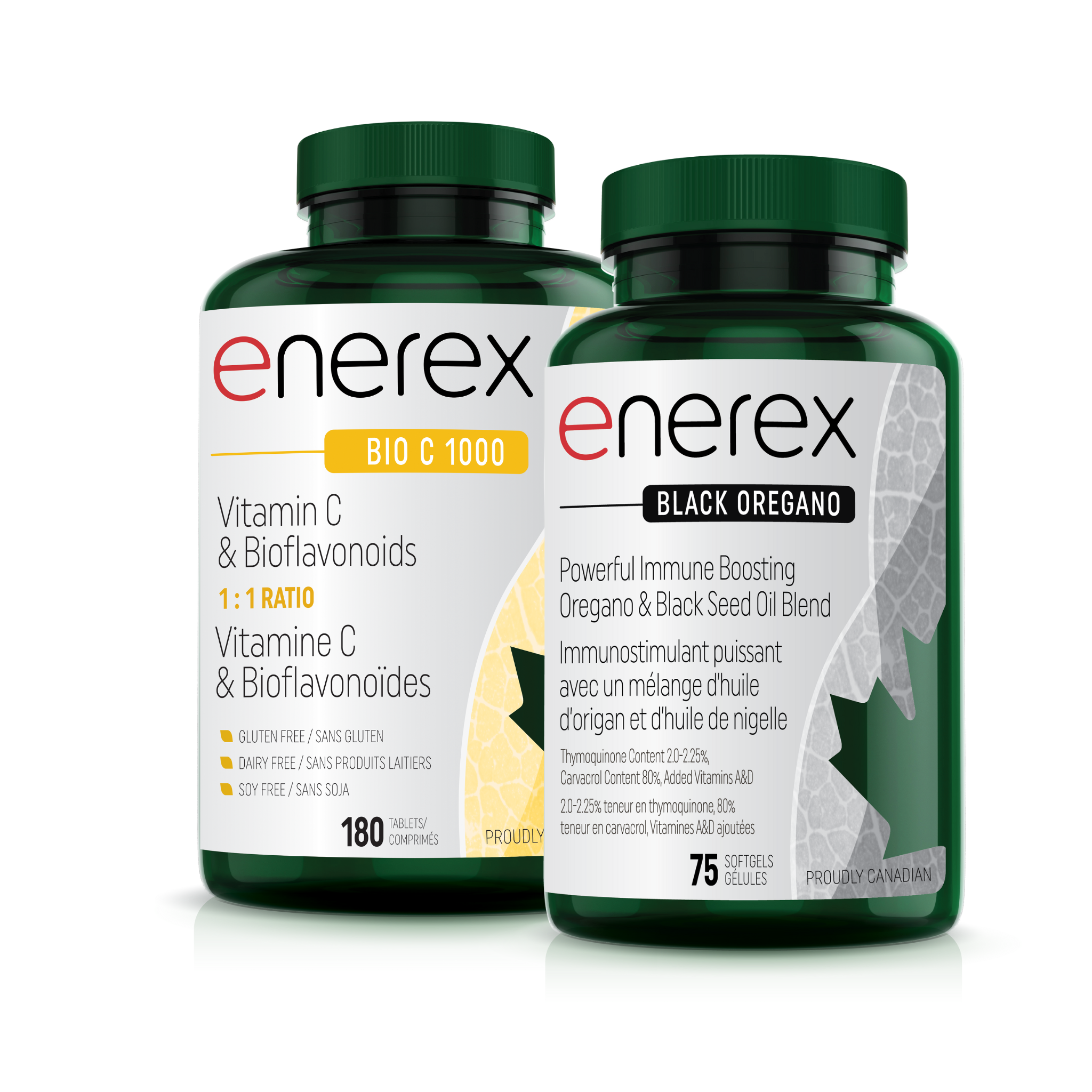
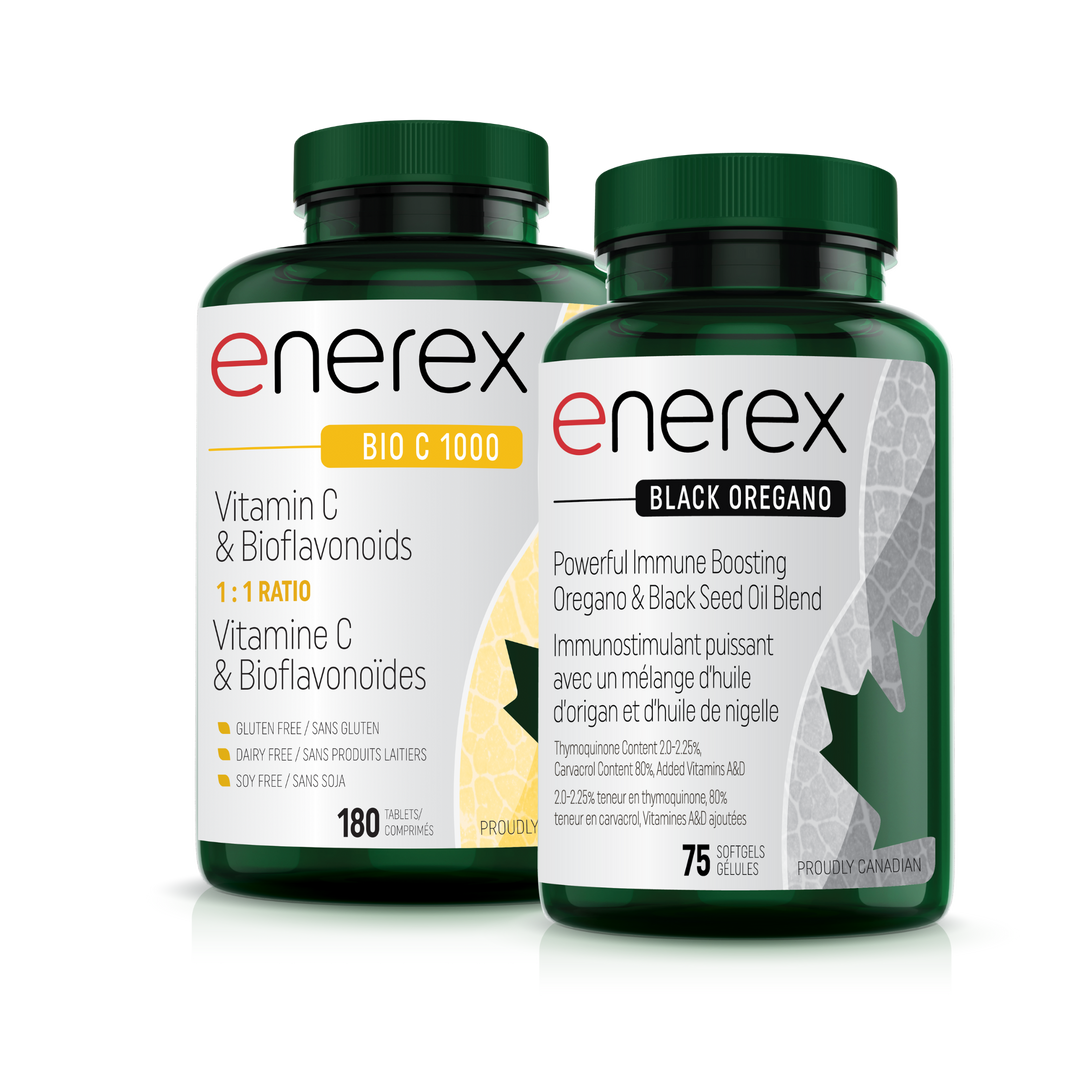
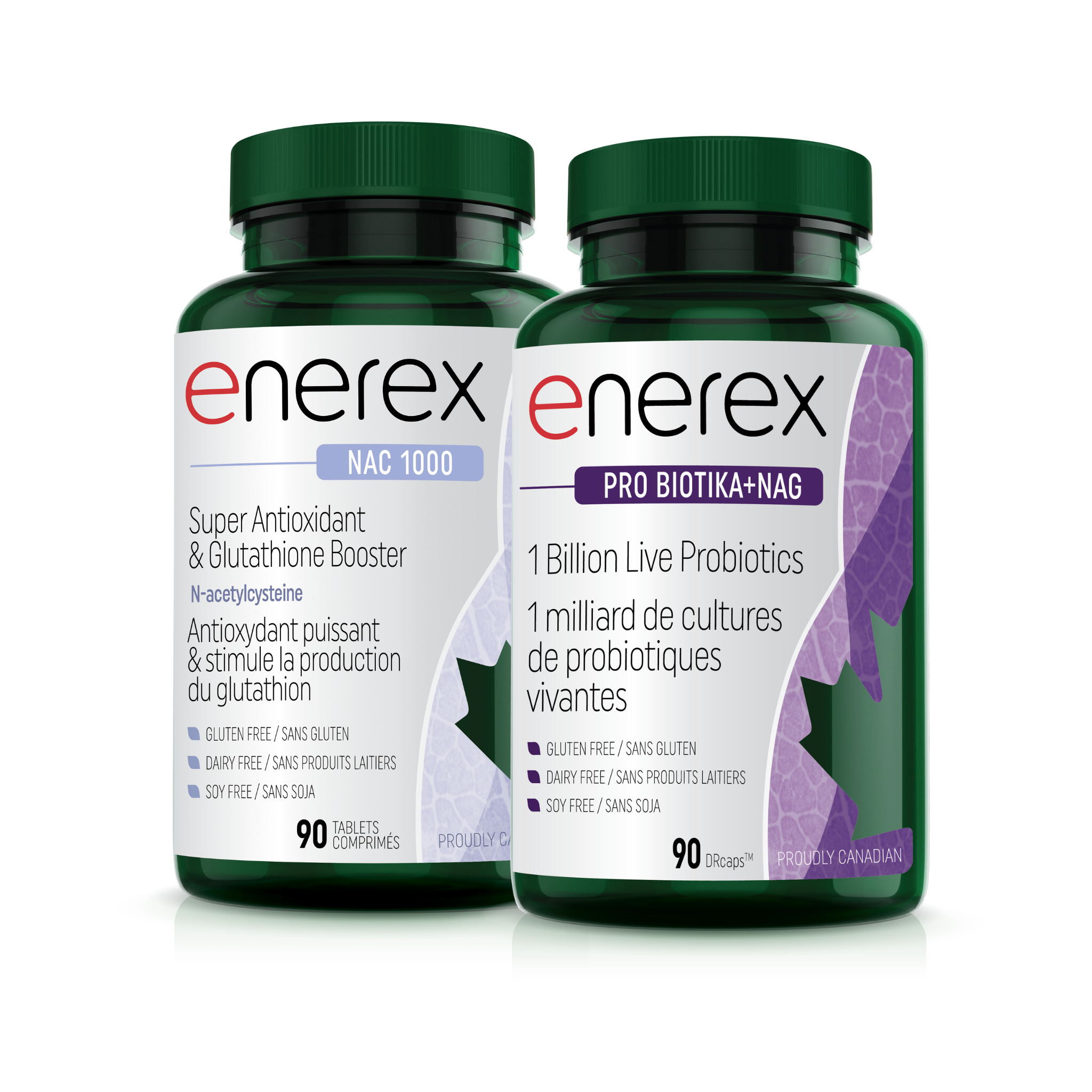
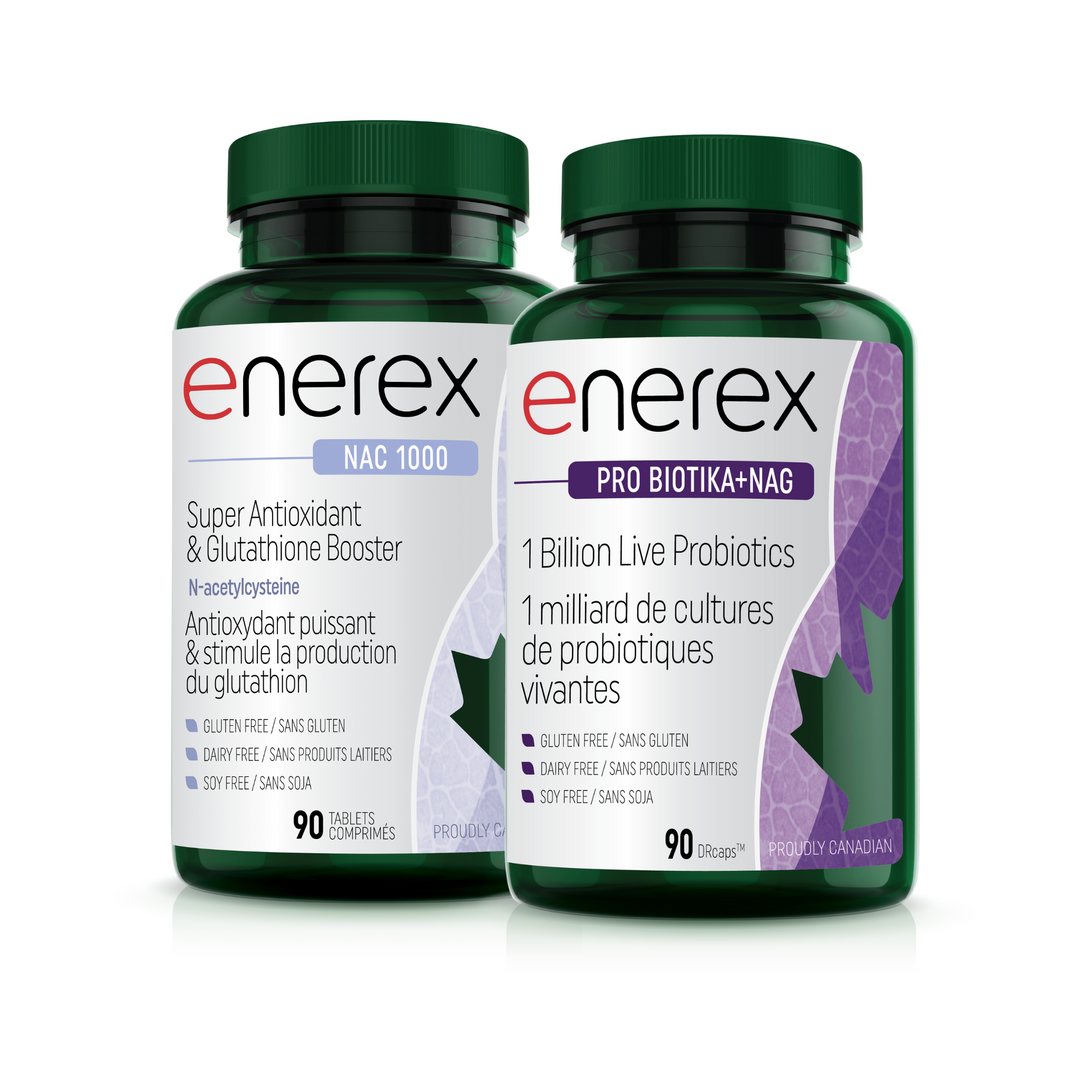
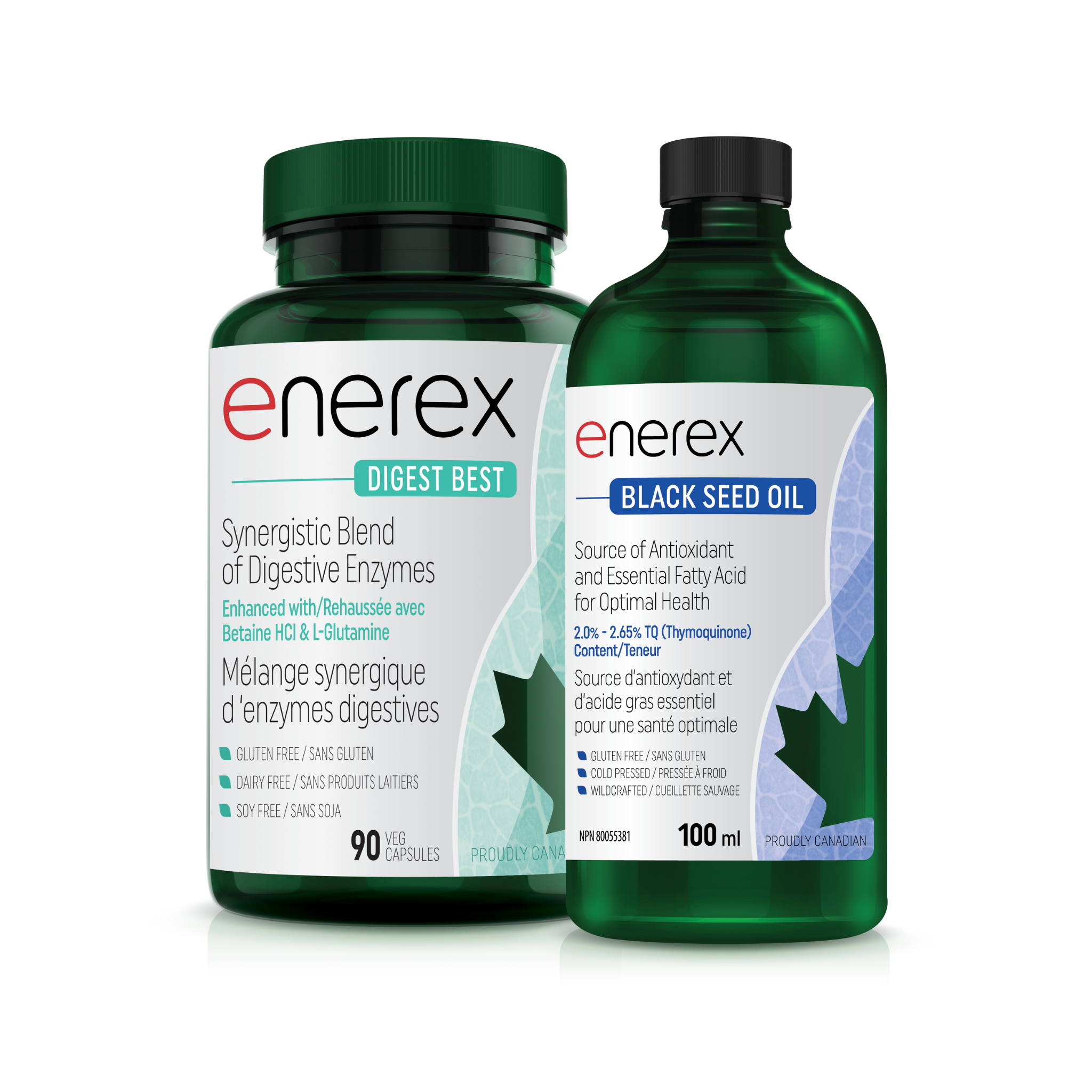
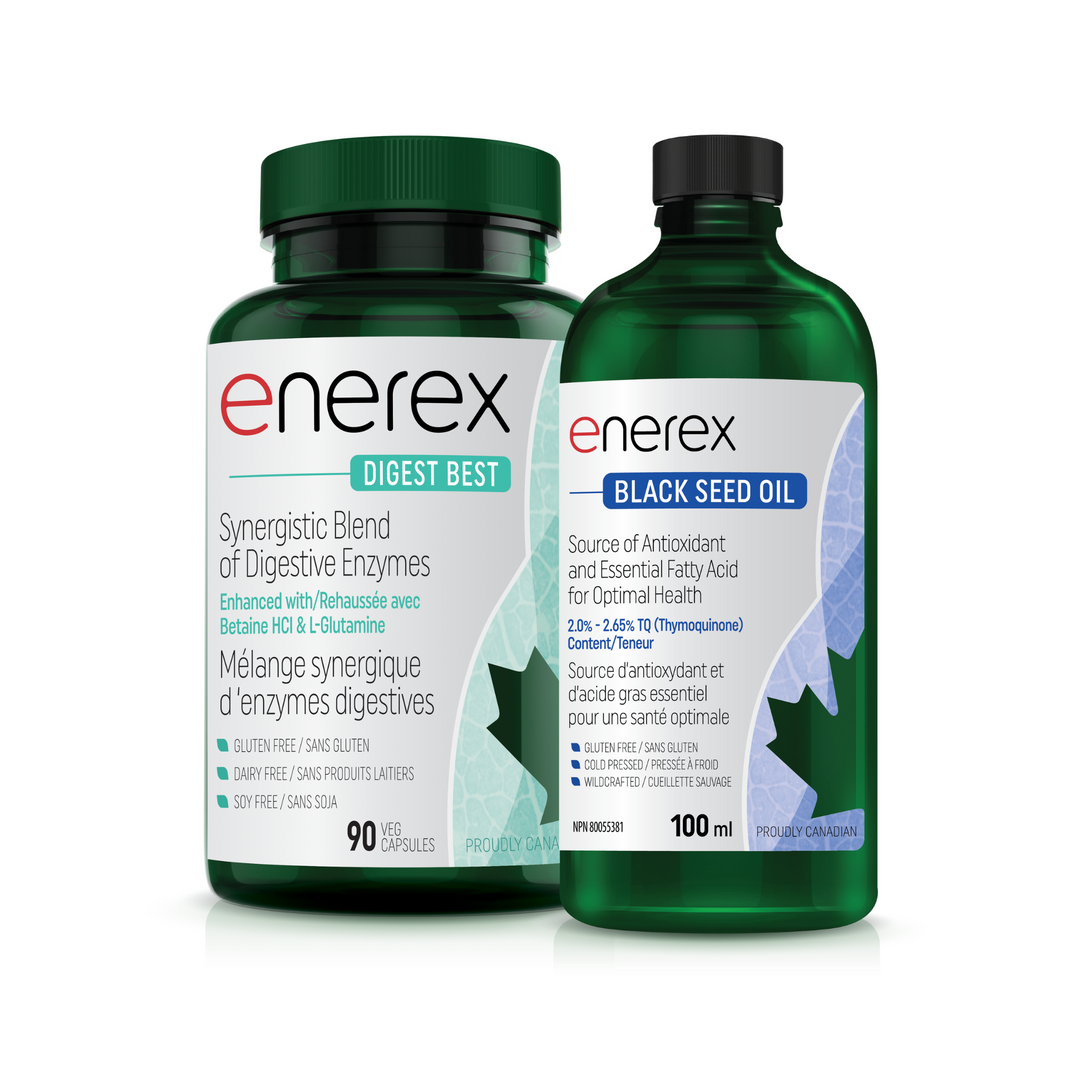
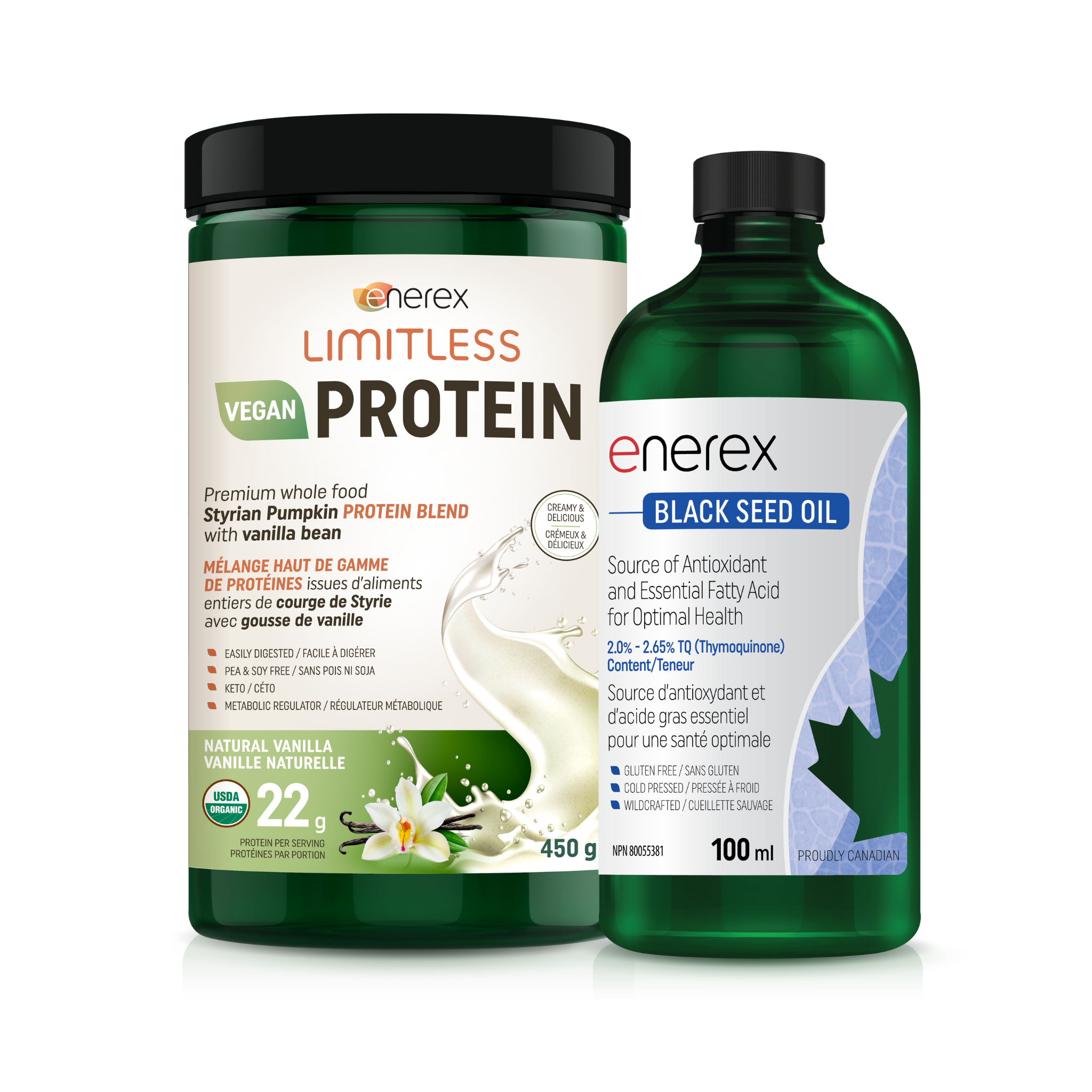
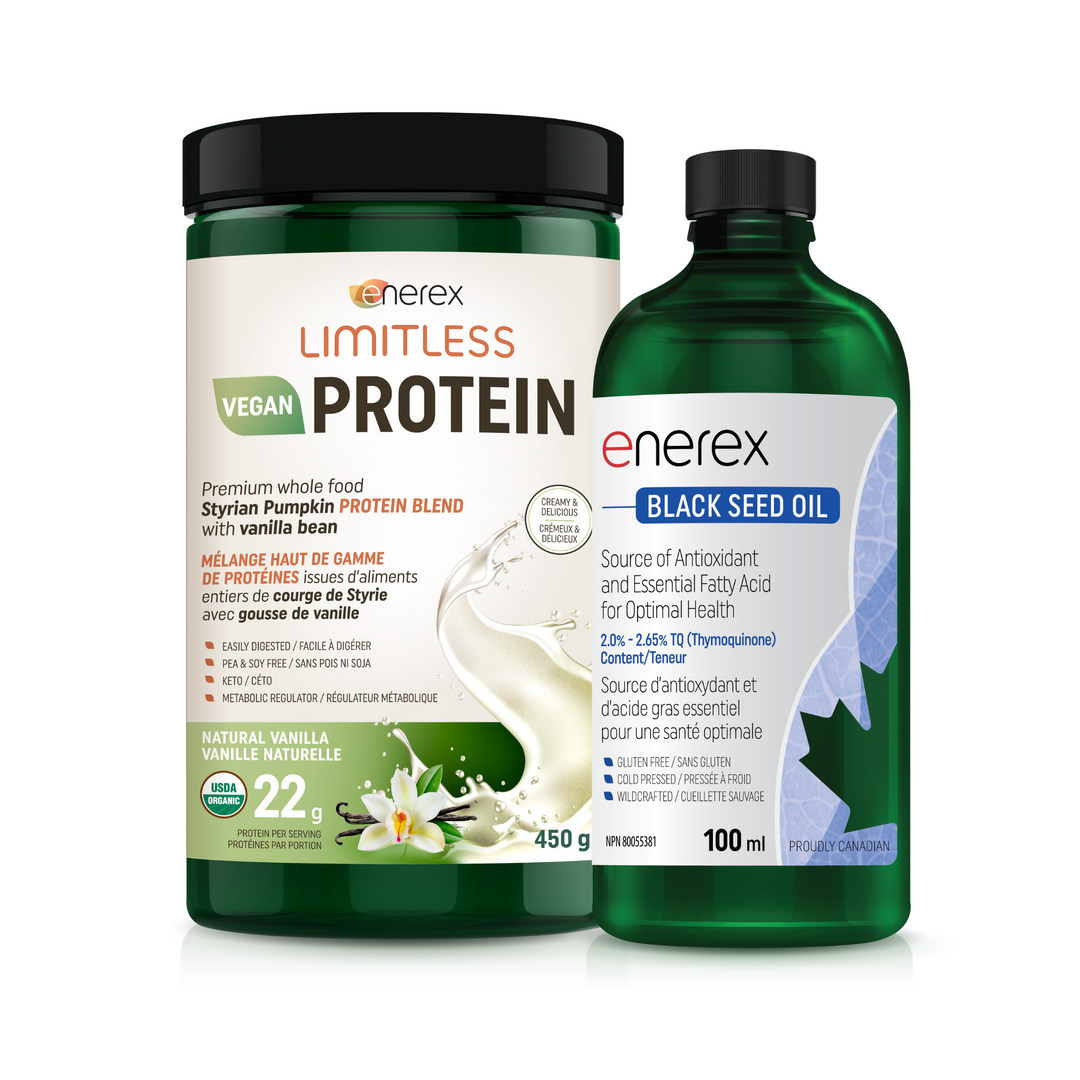
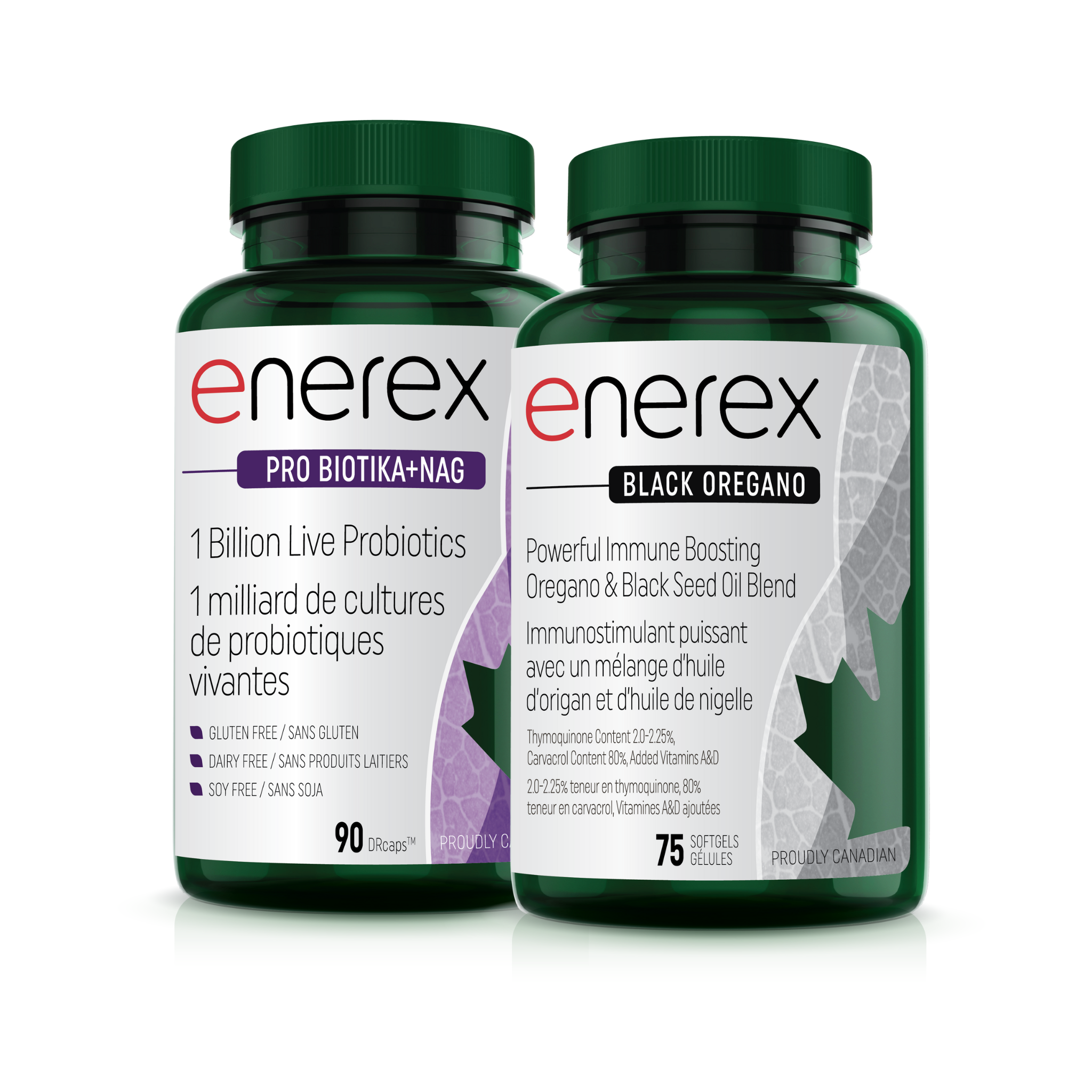
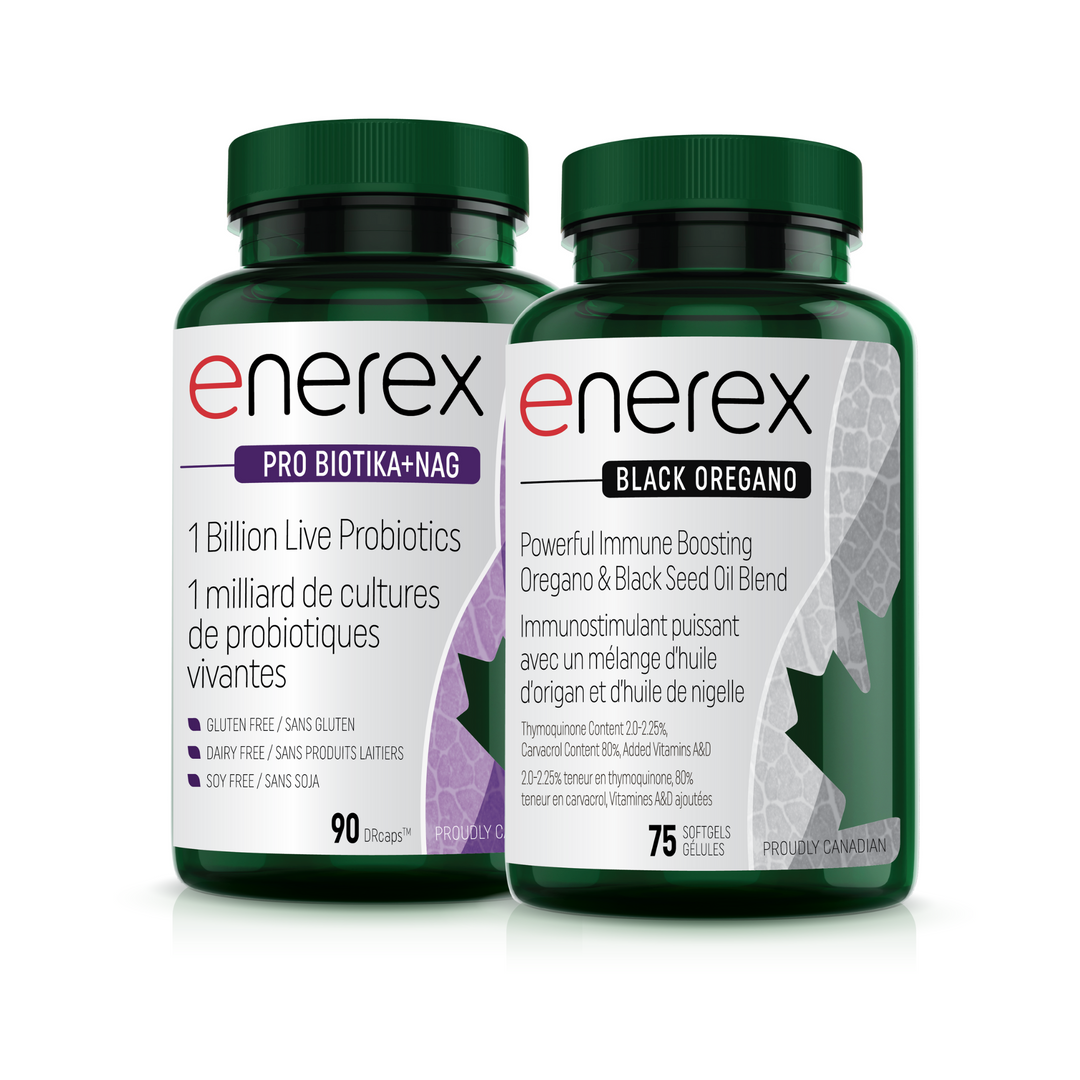
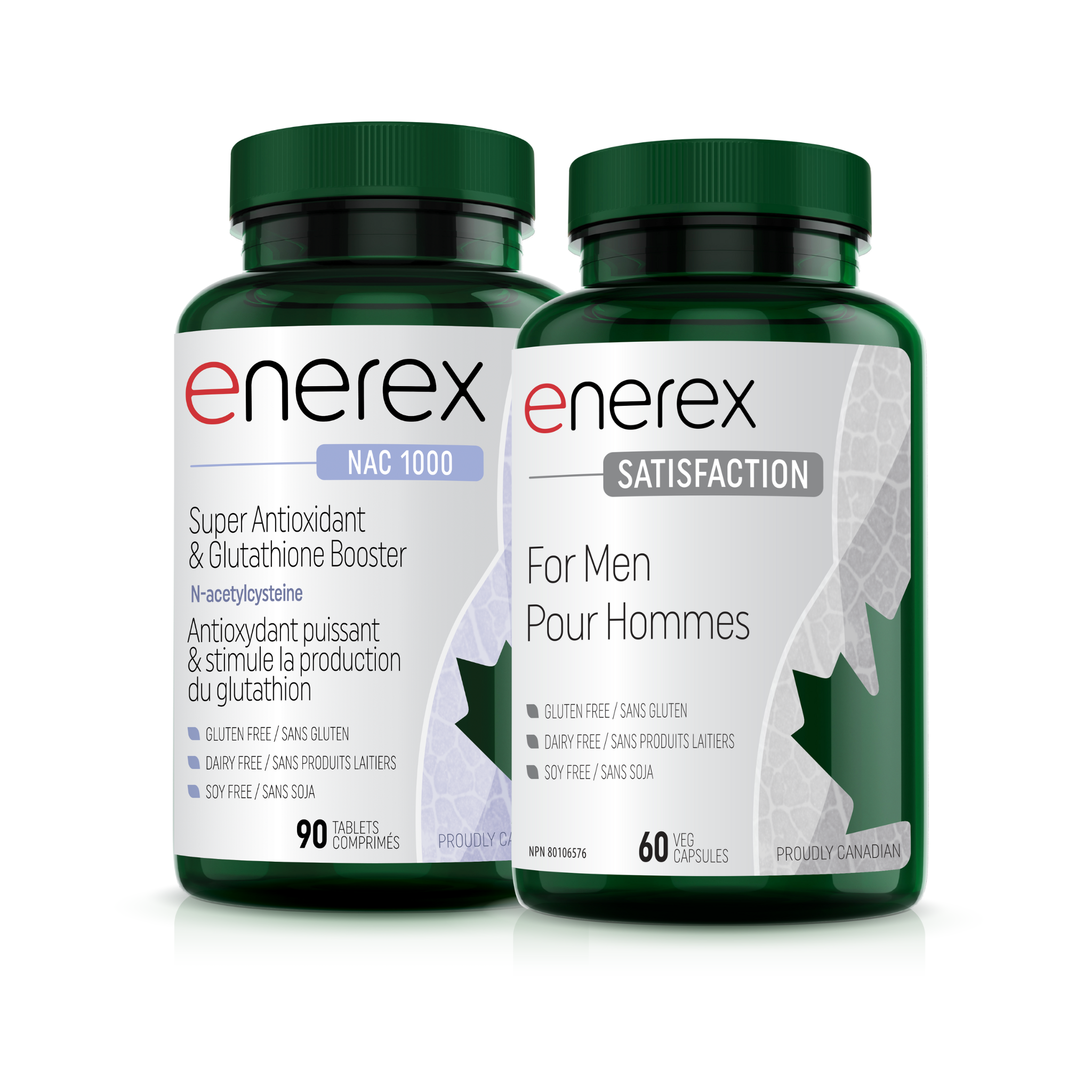
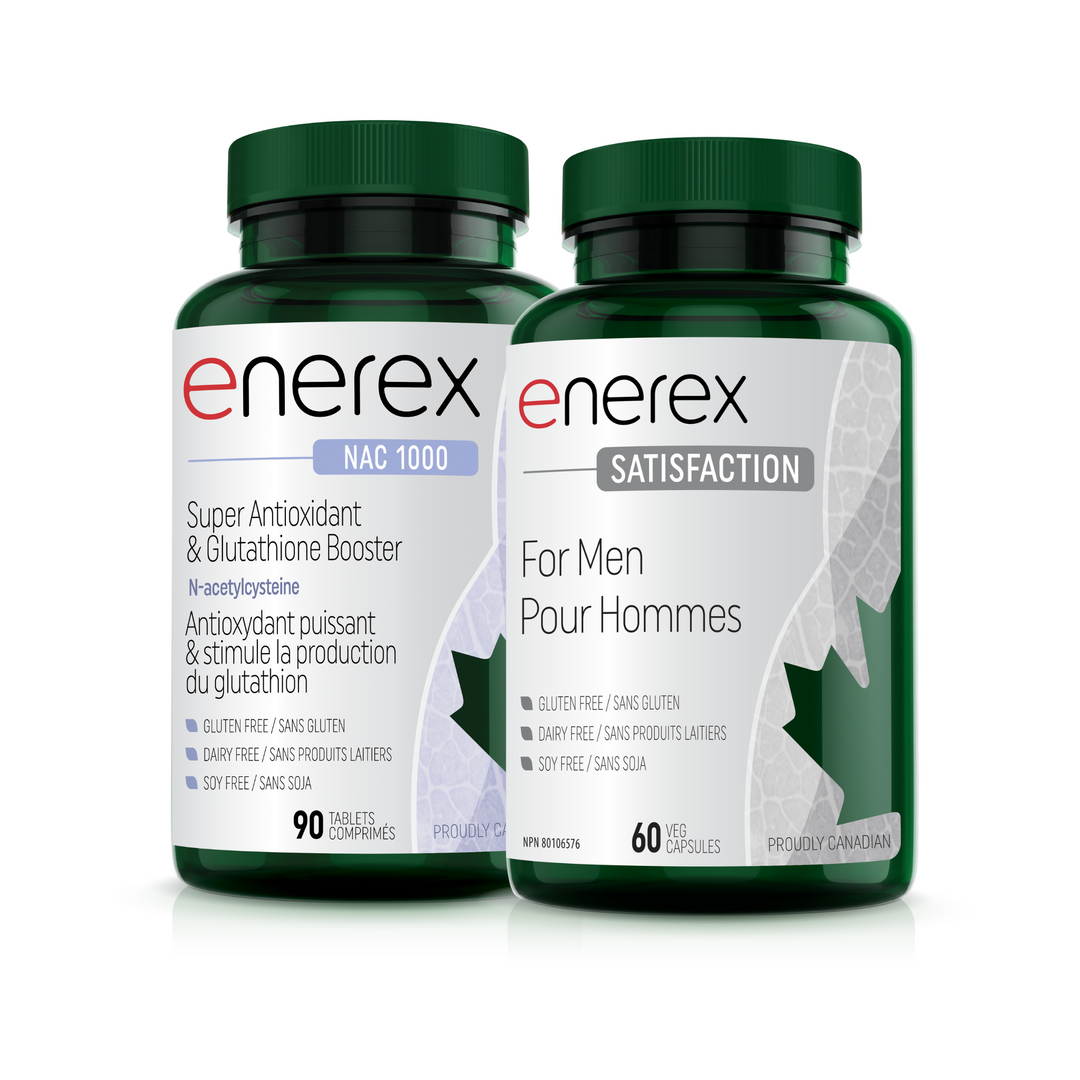
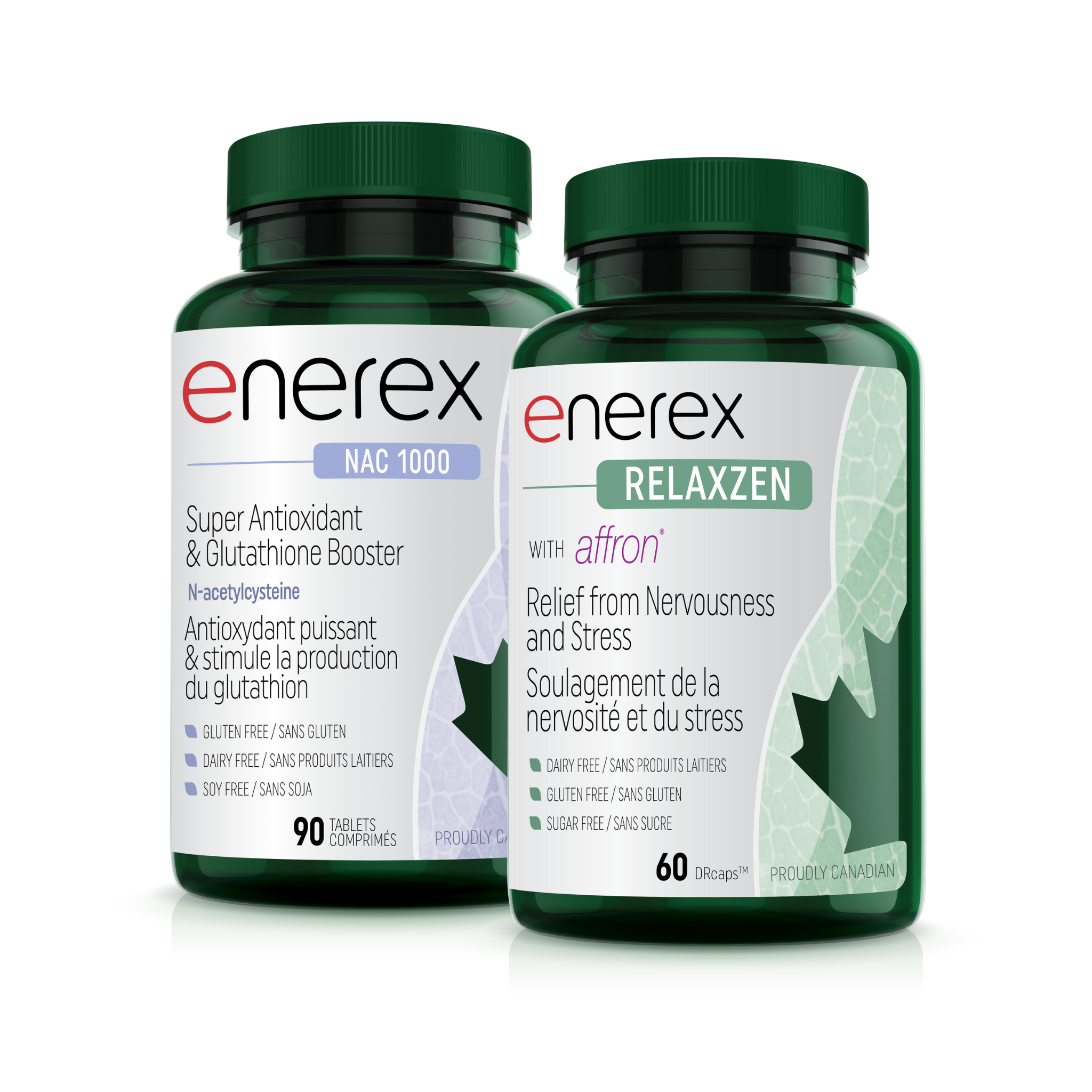
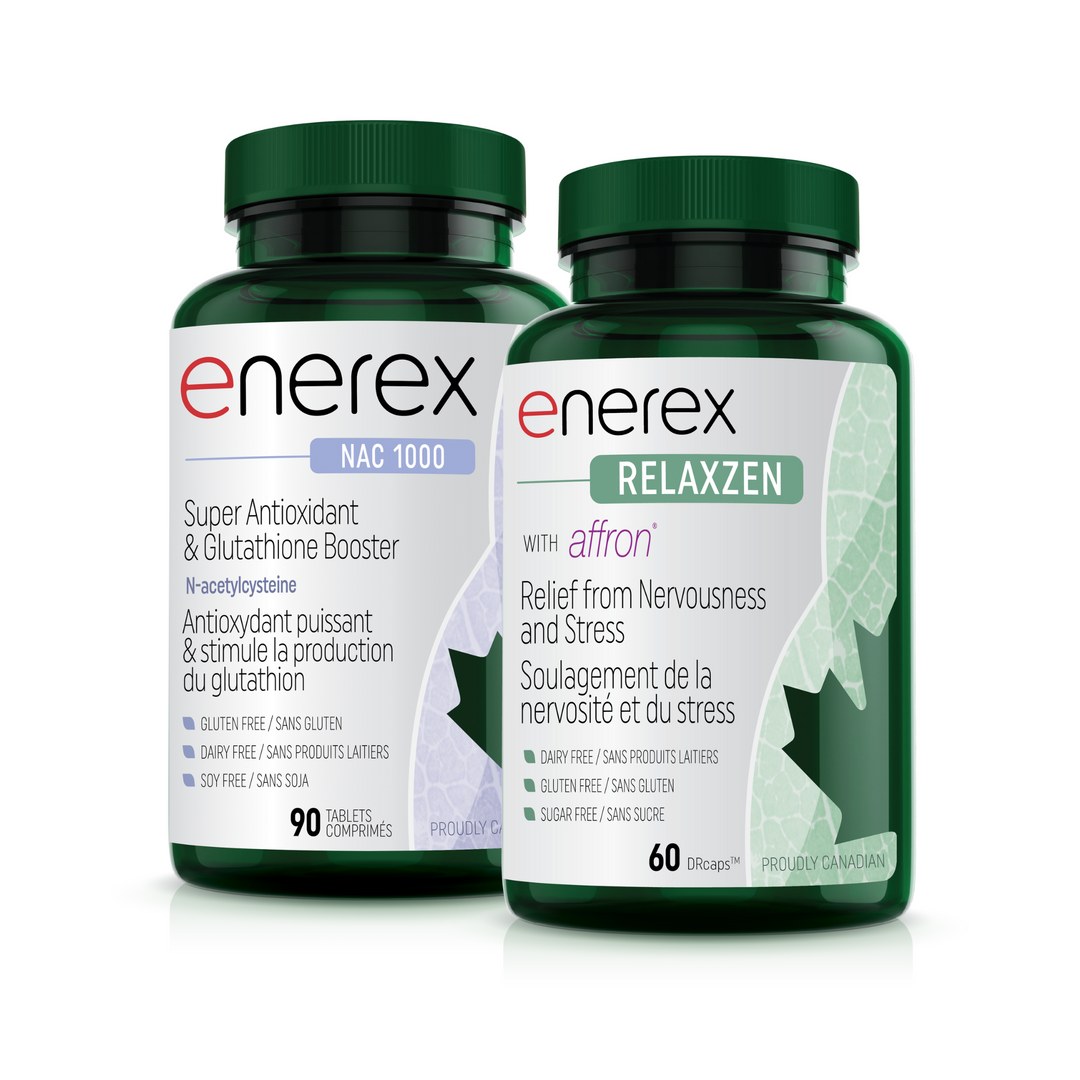
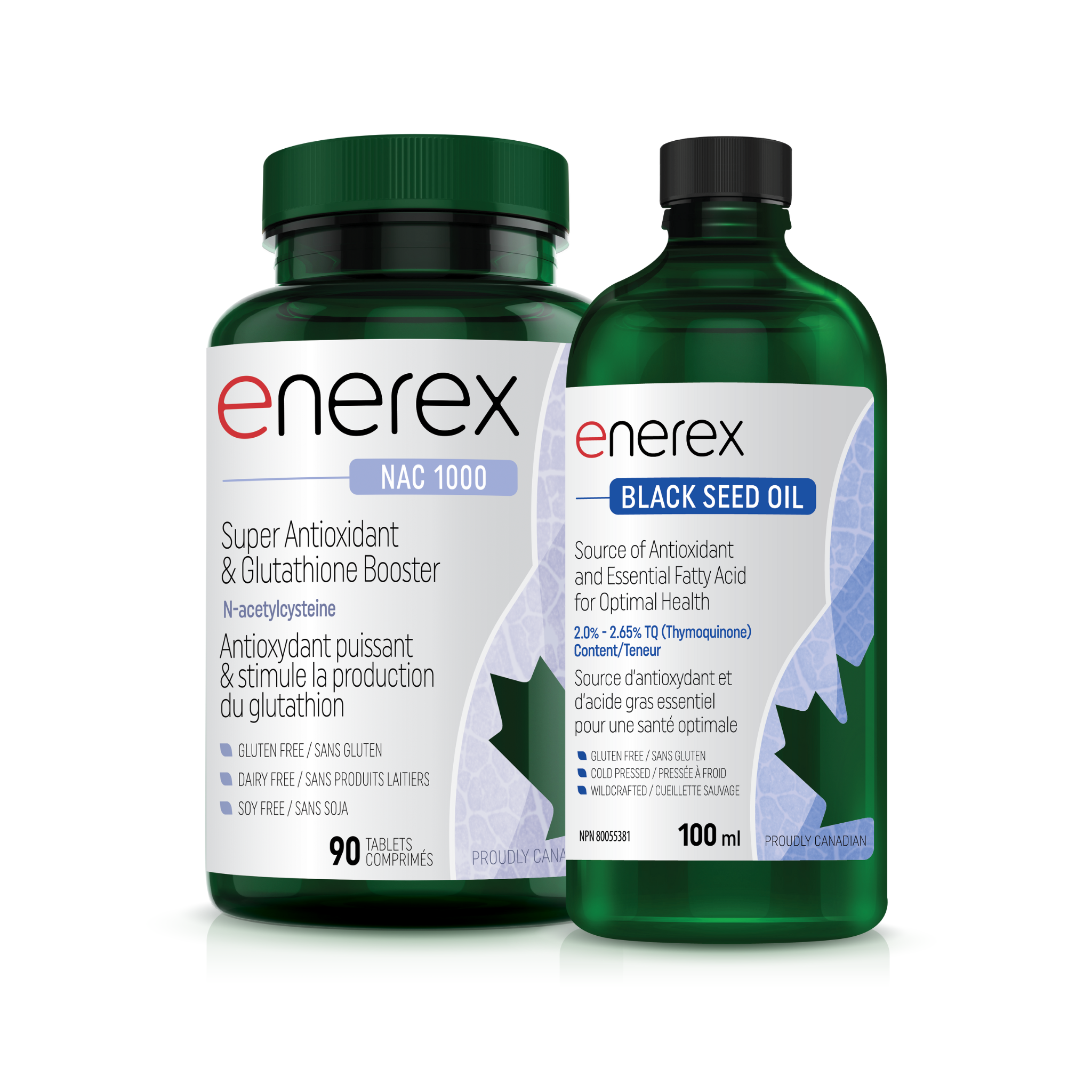
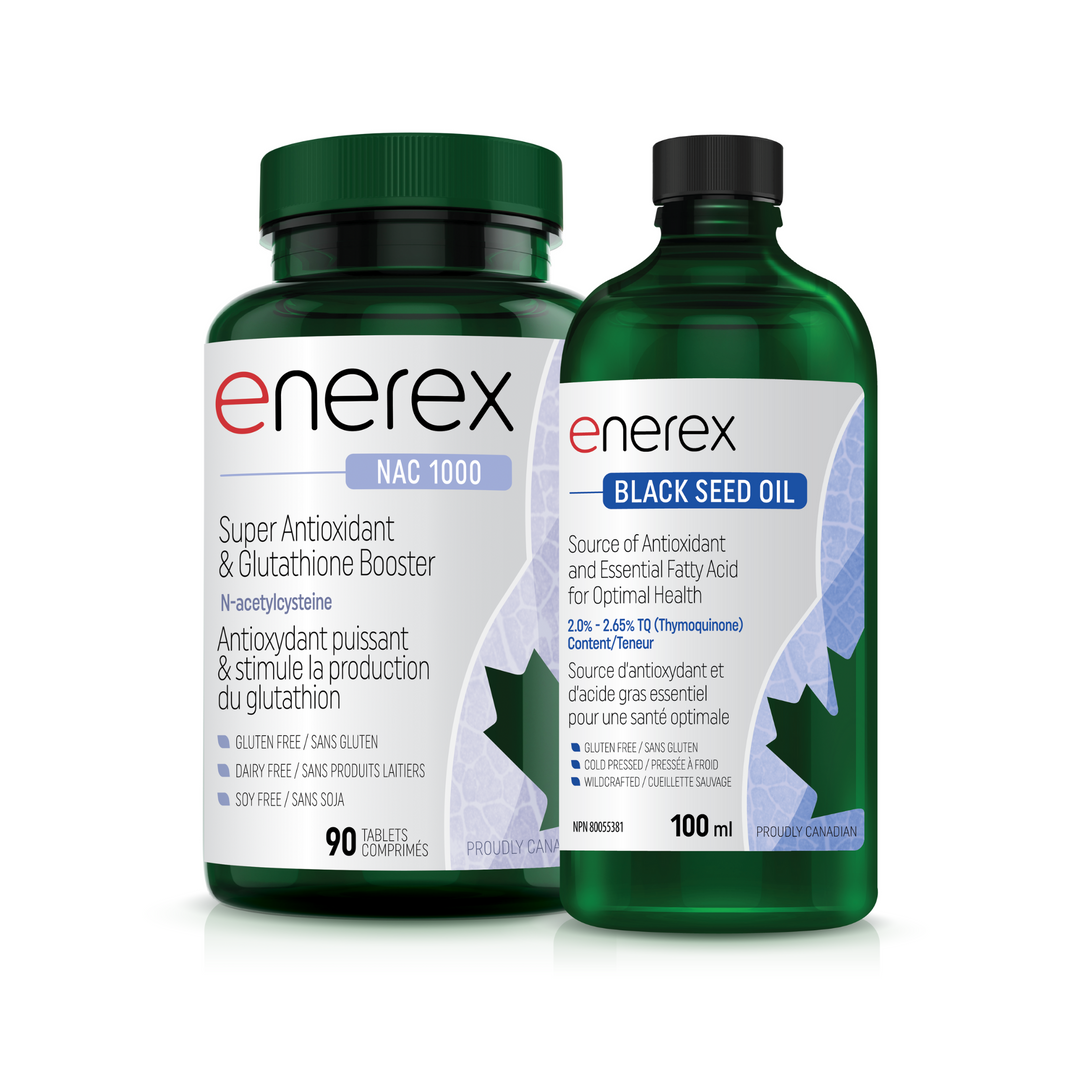
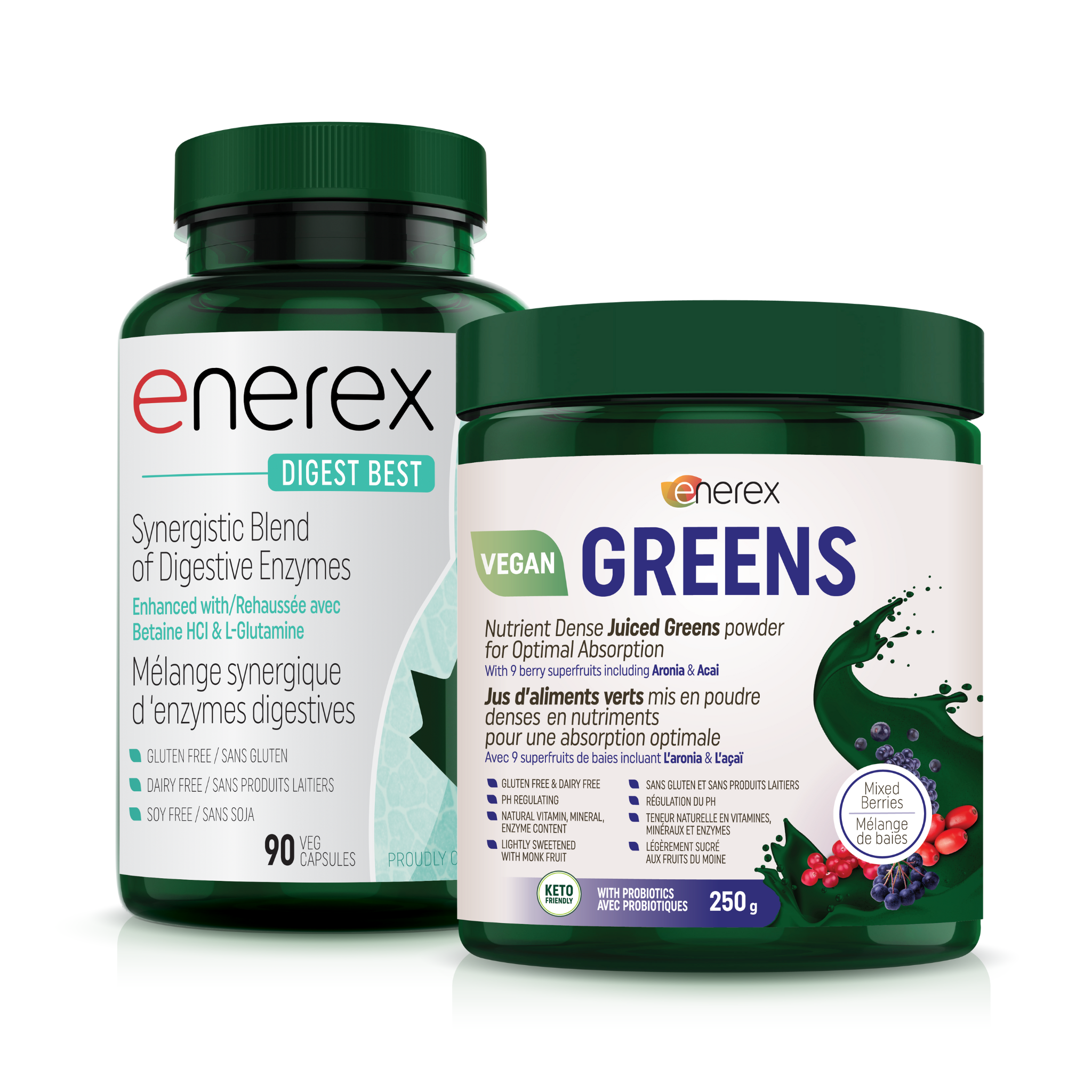
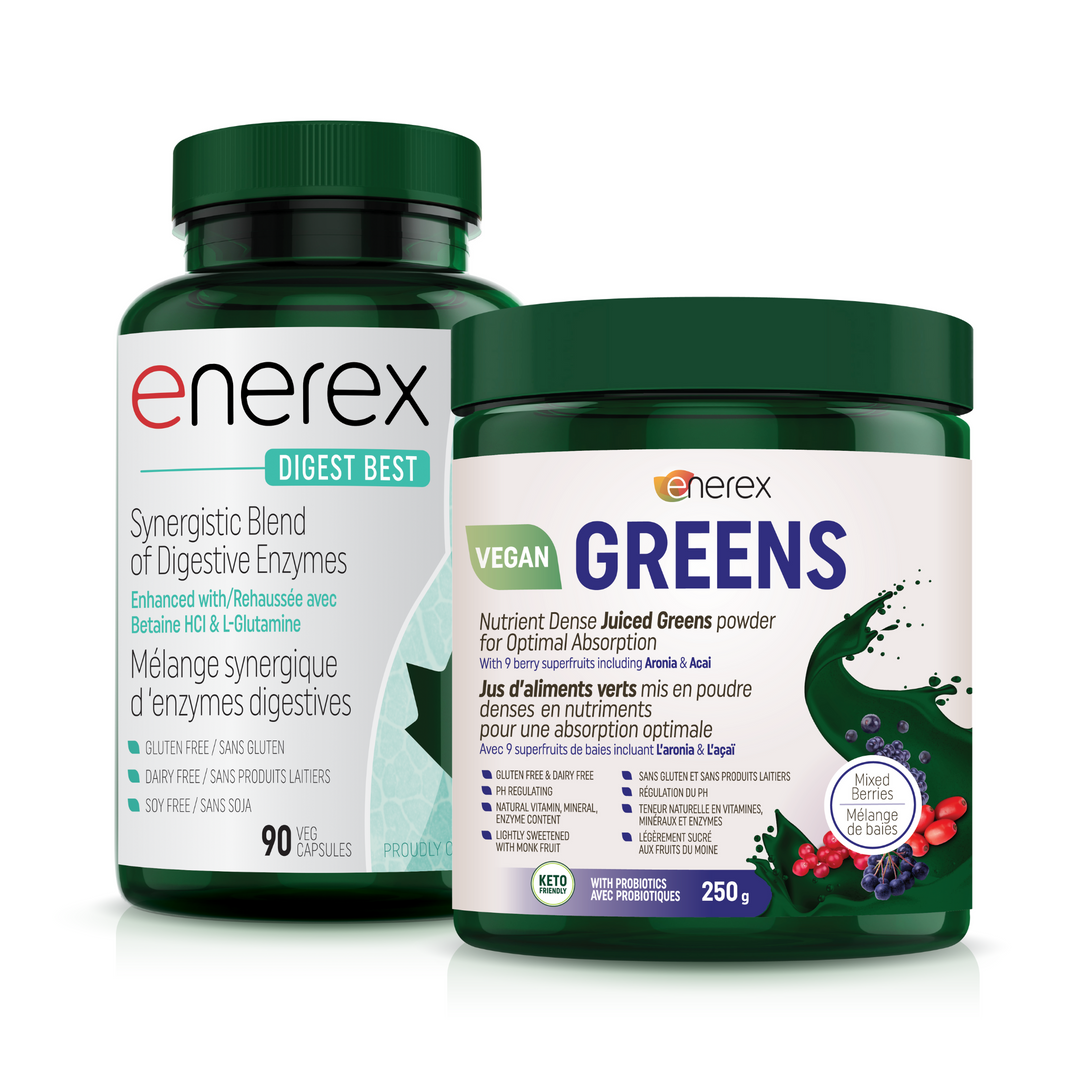
Leave a comment